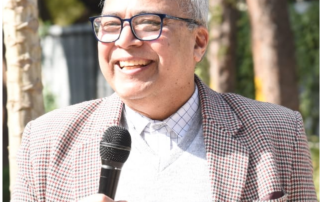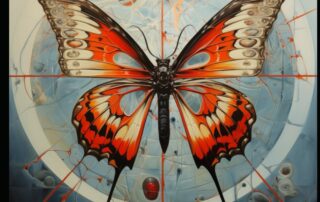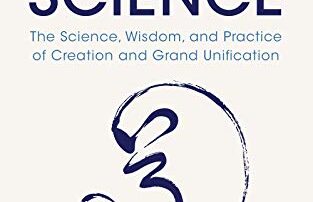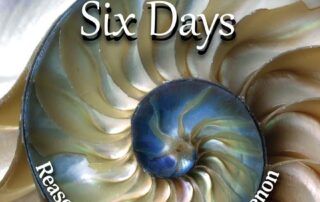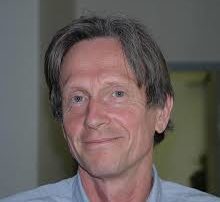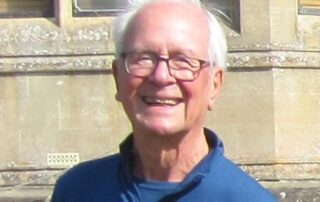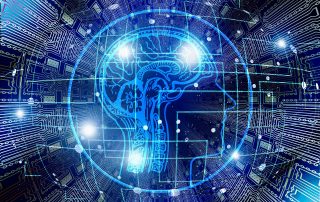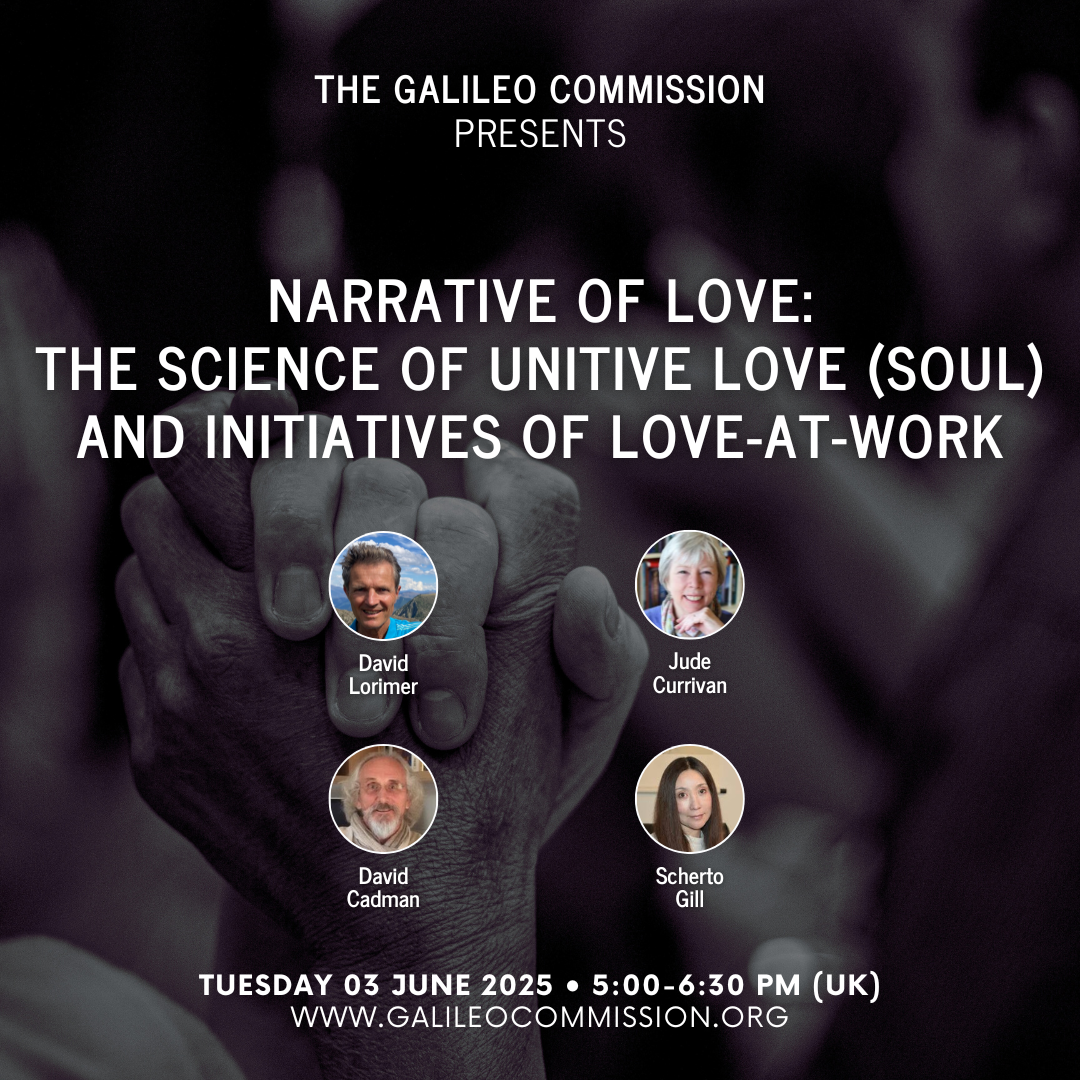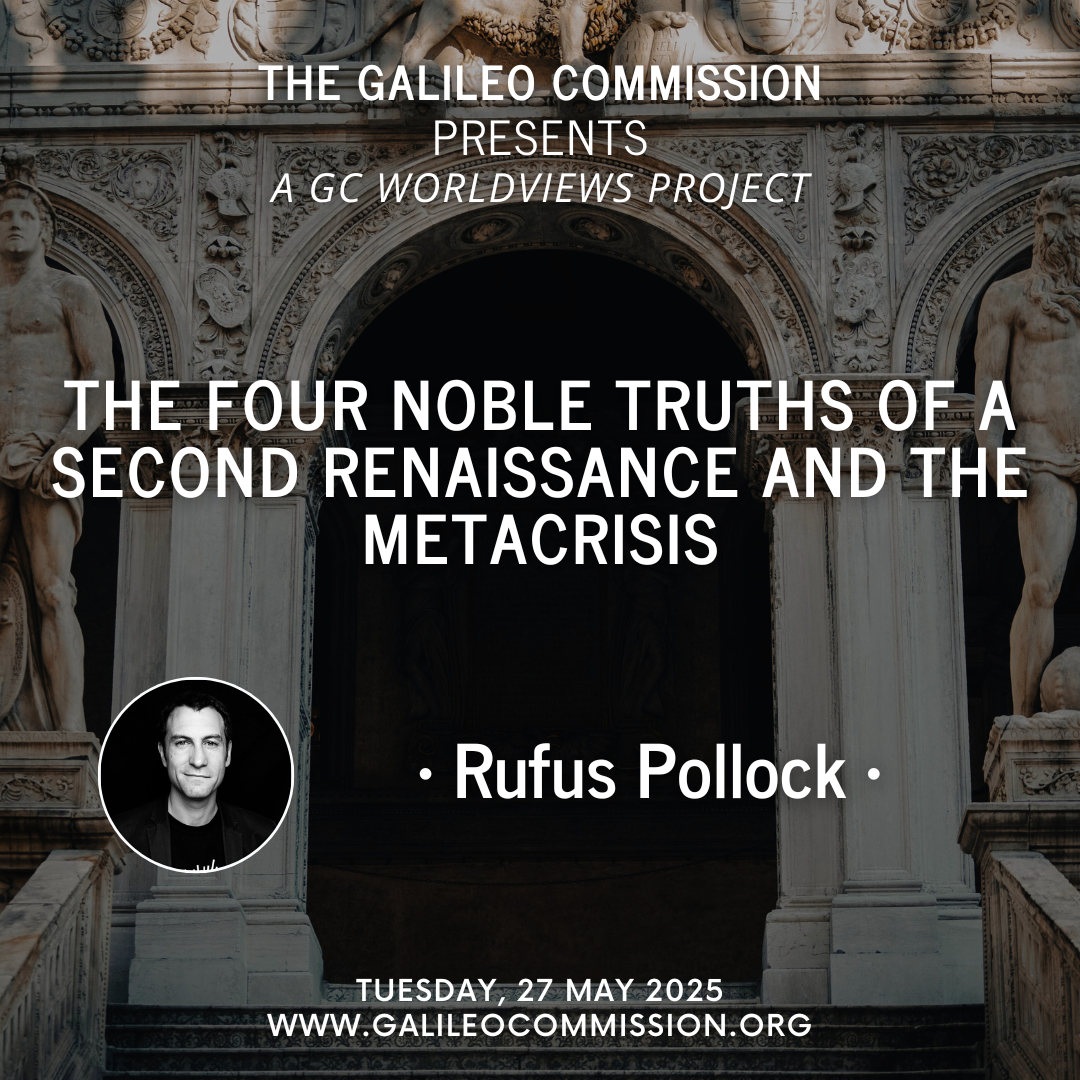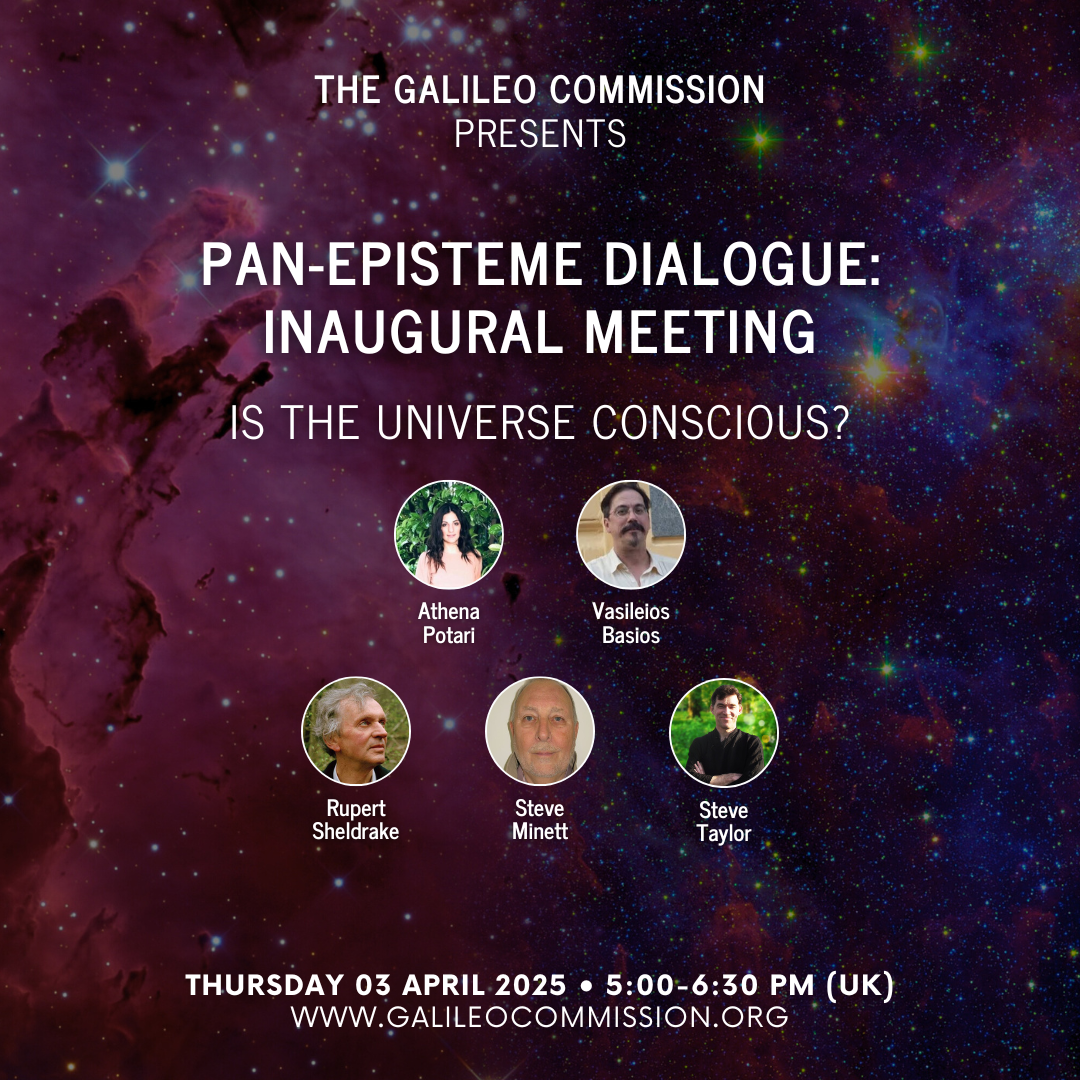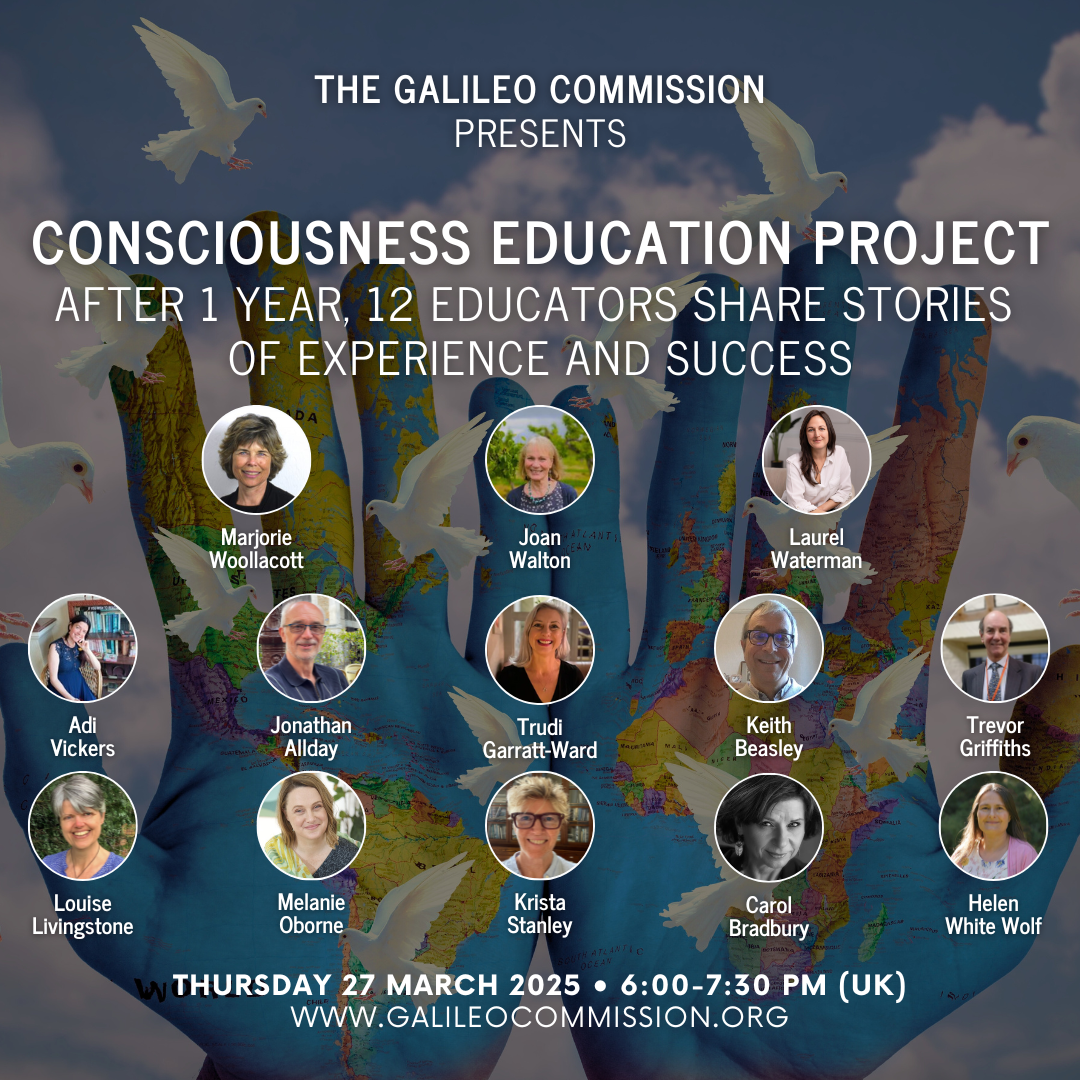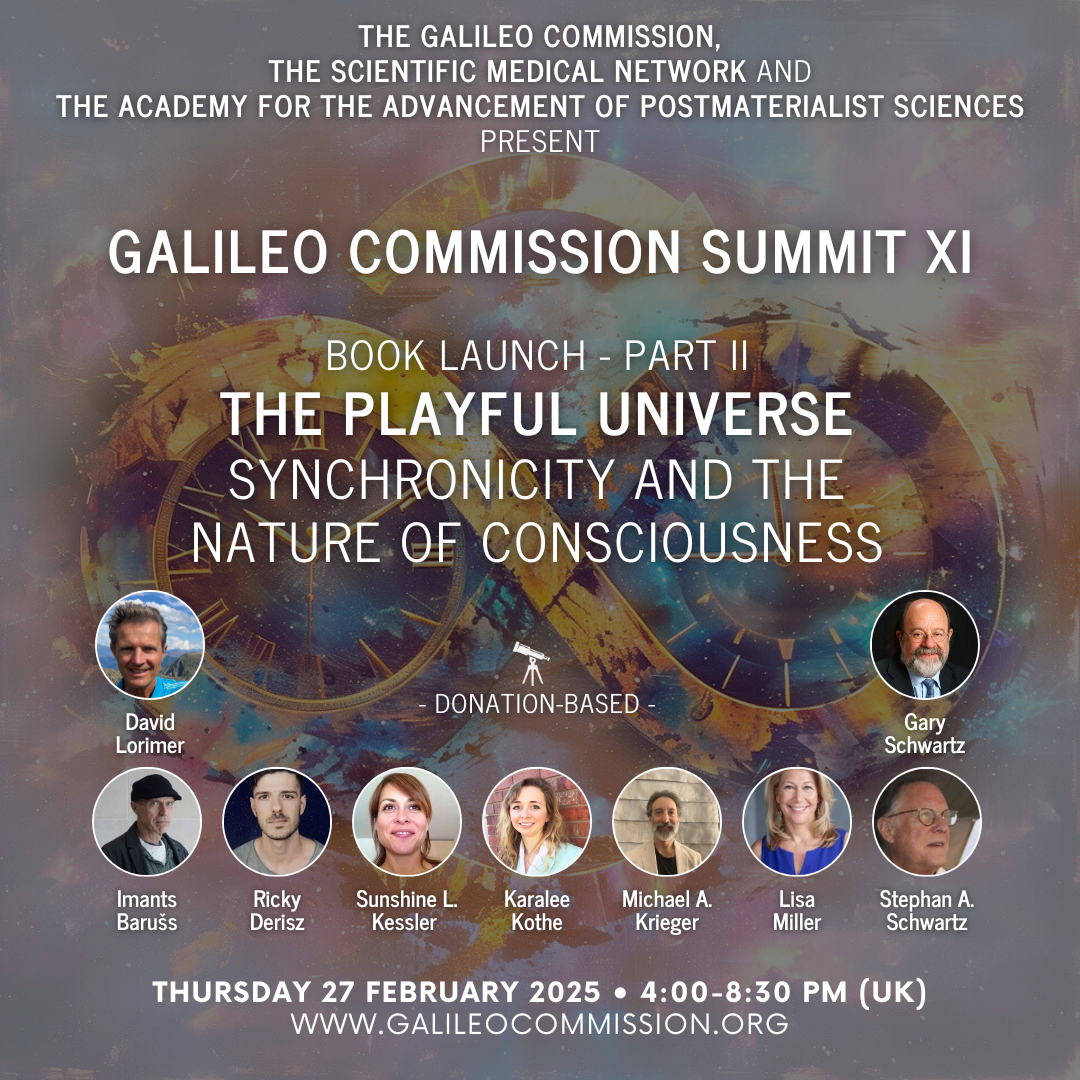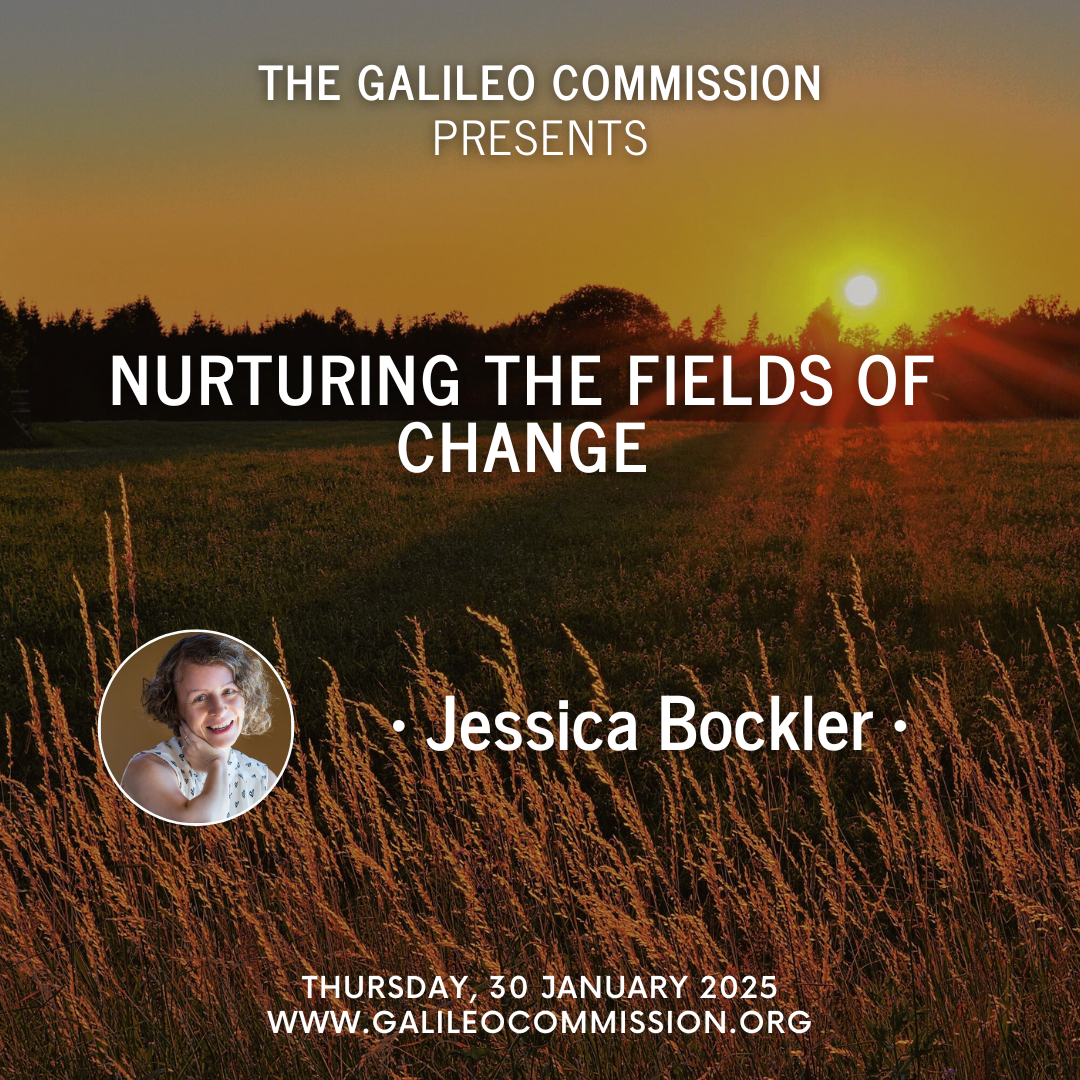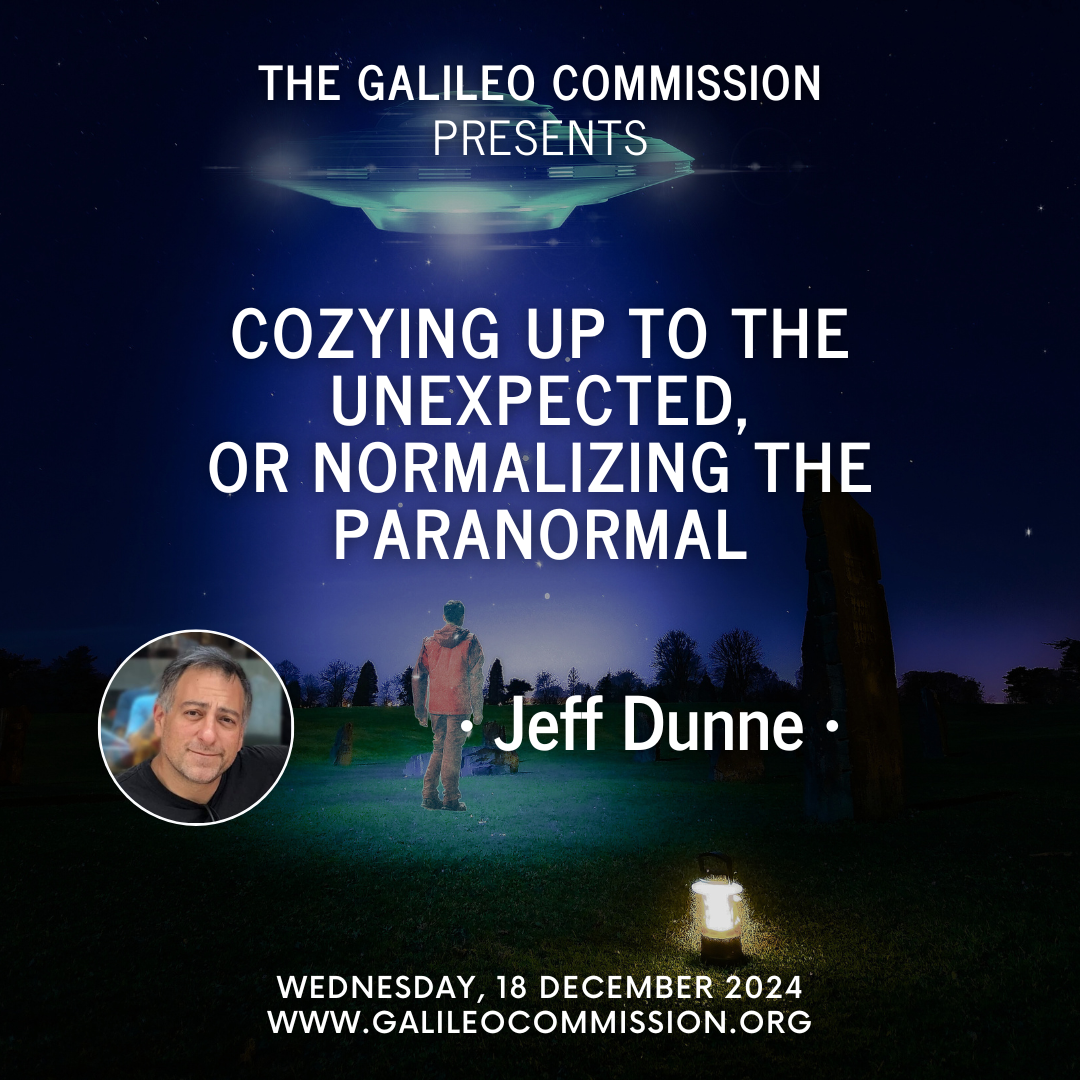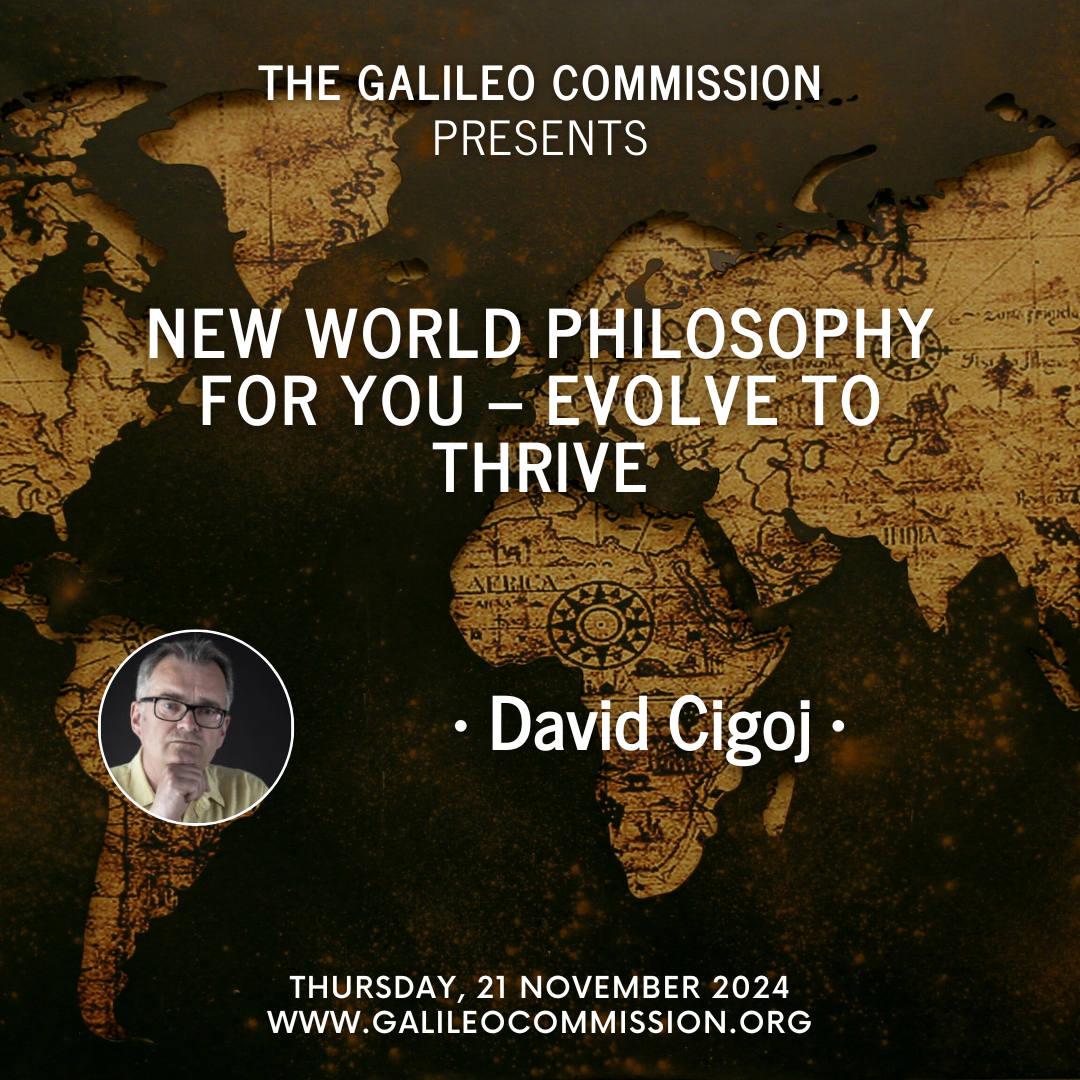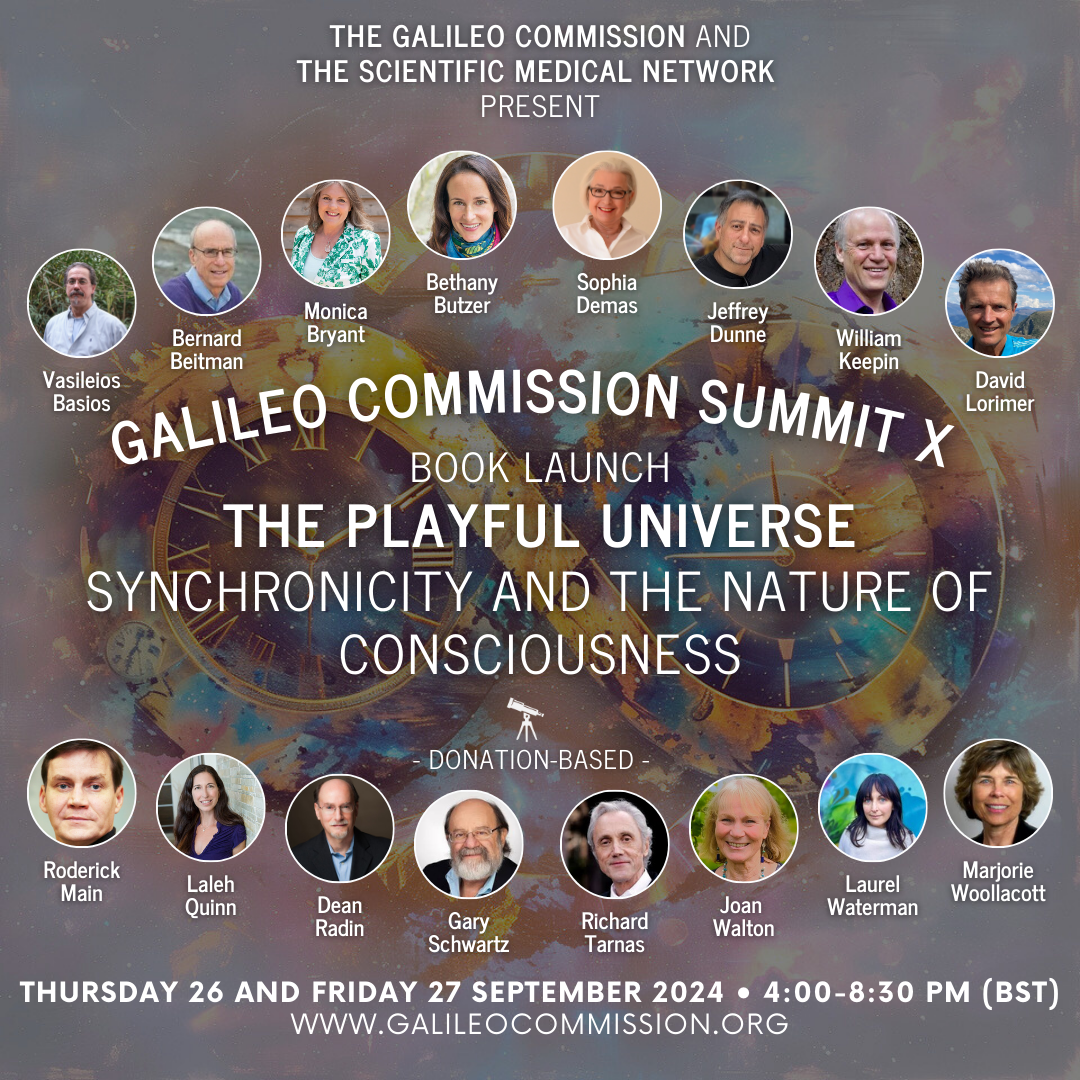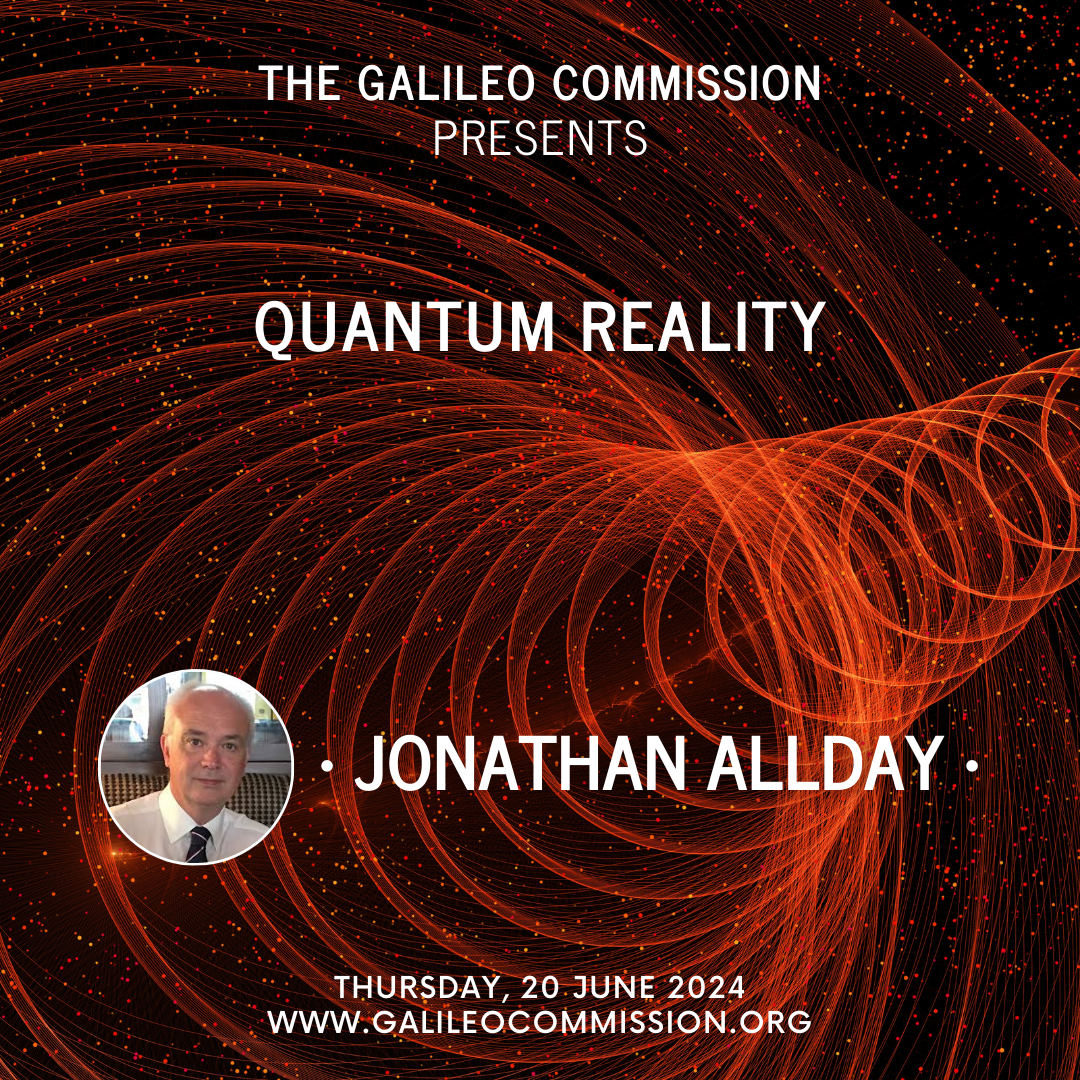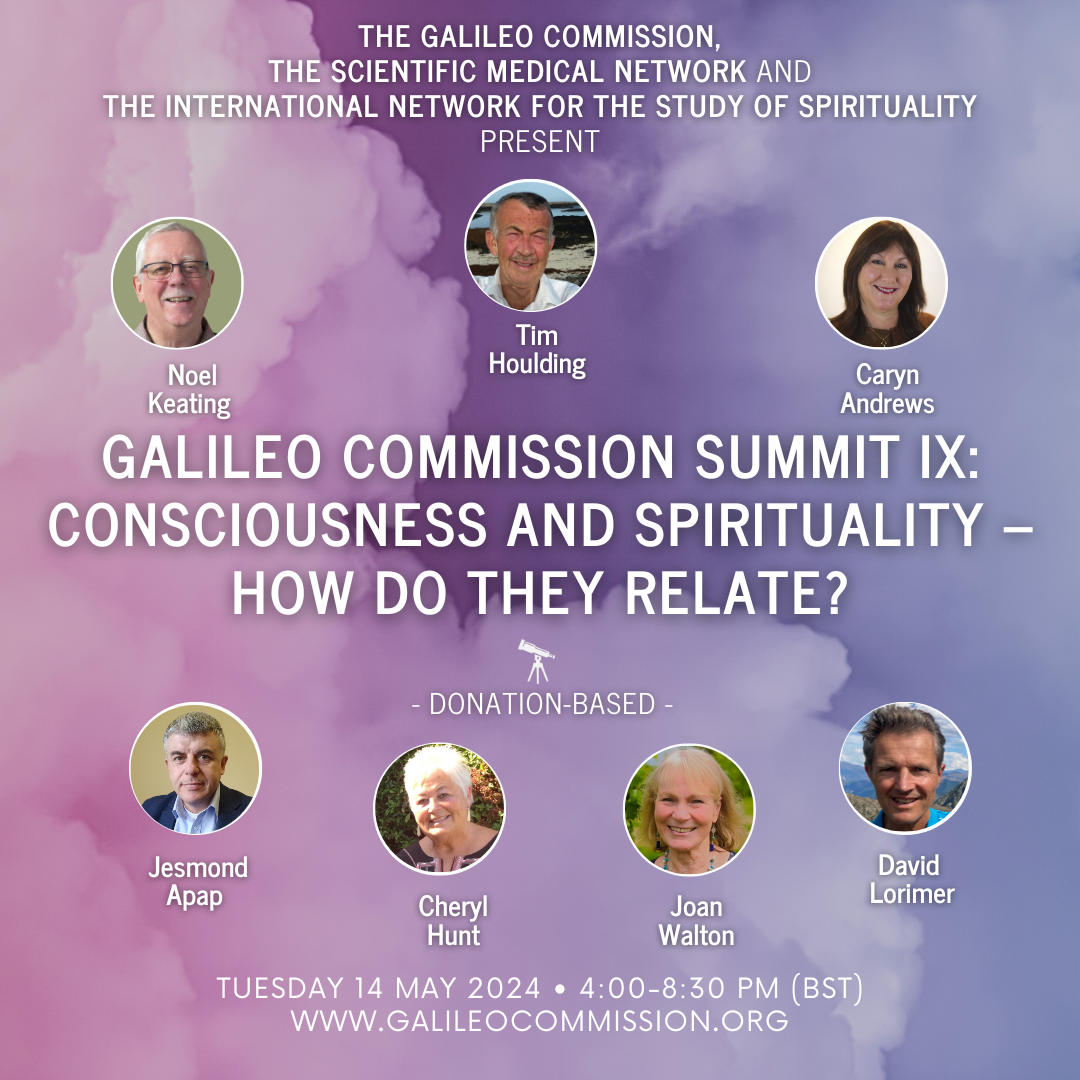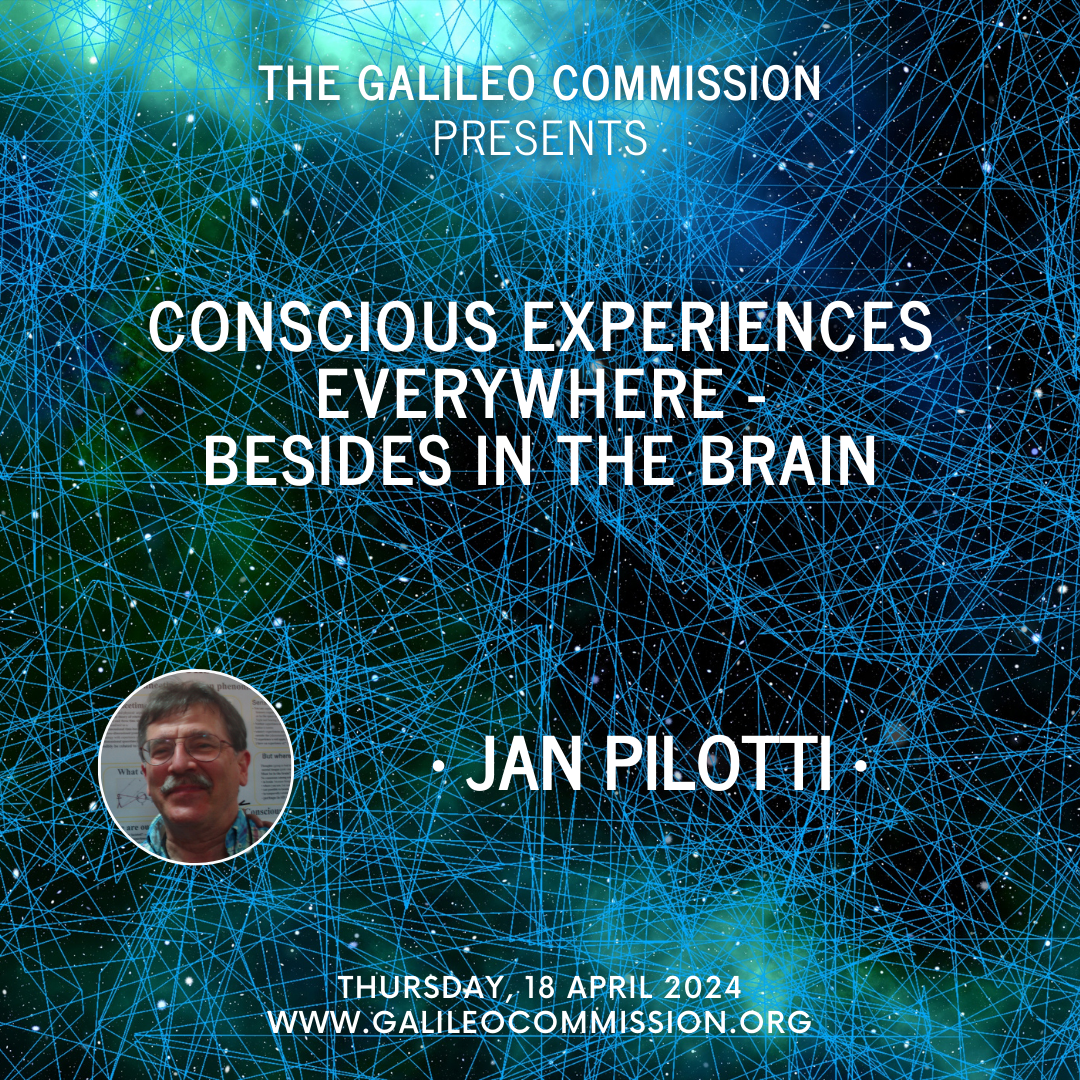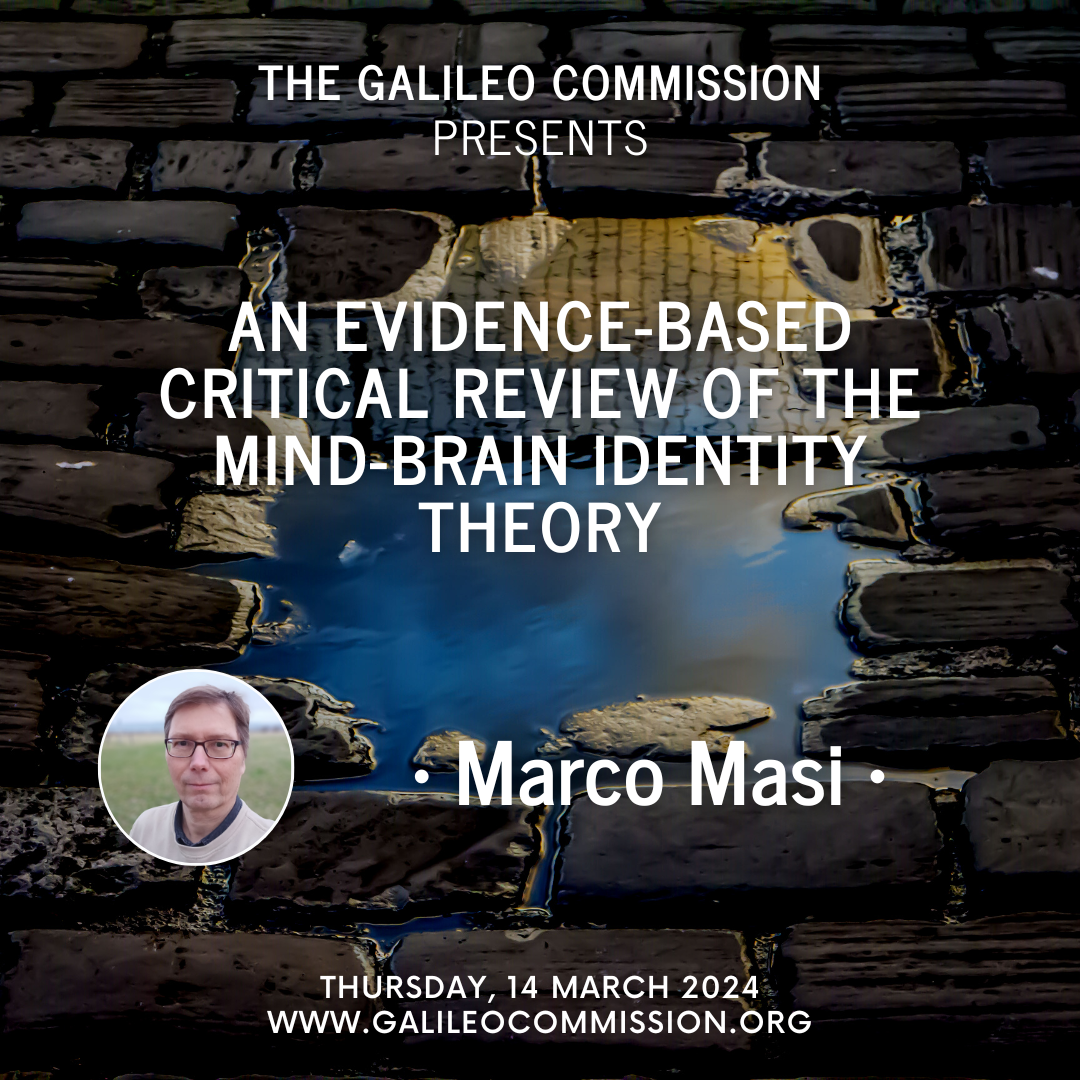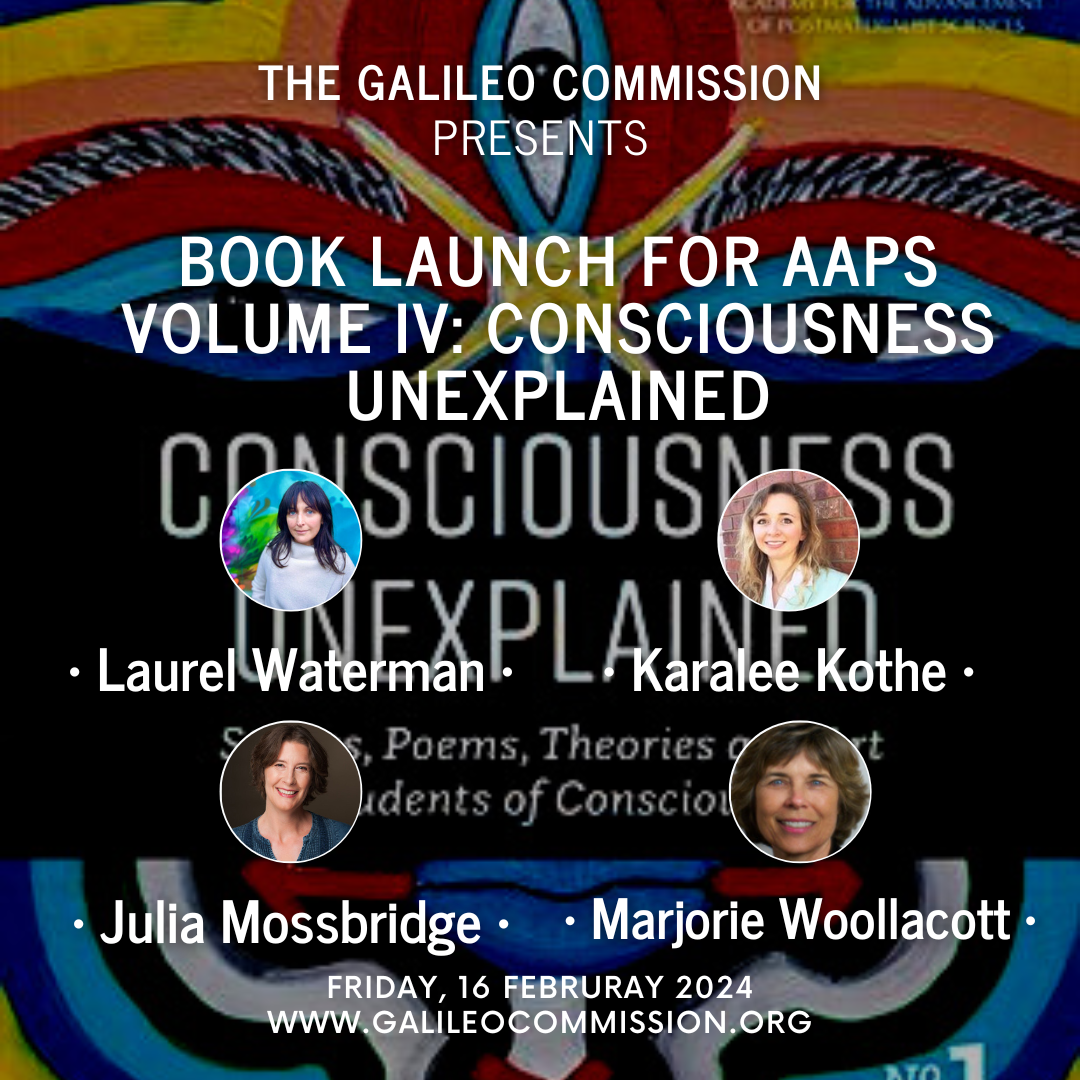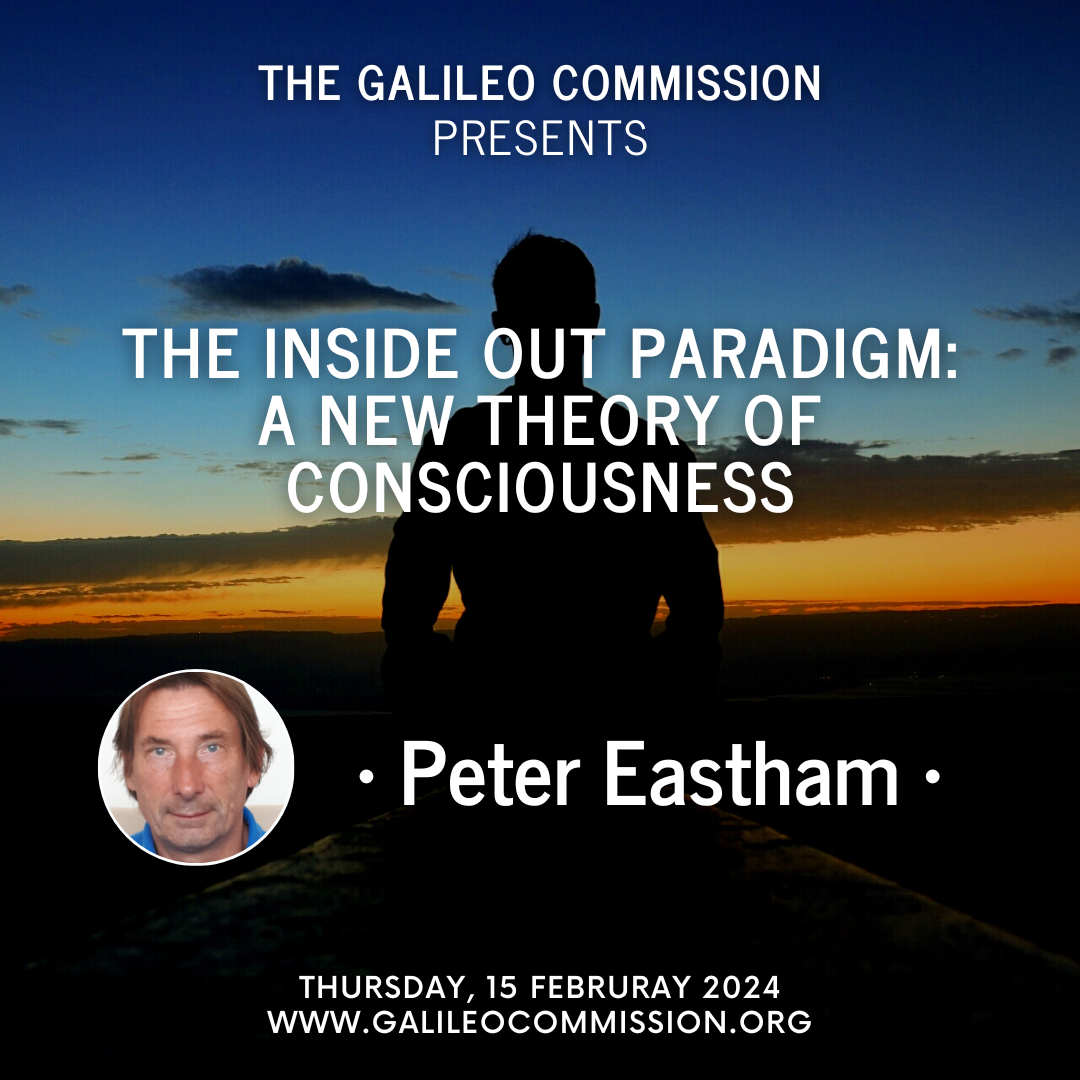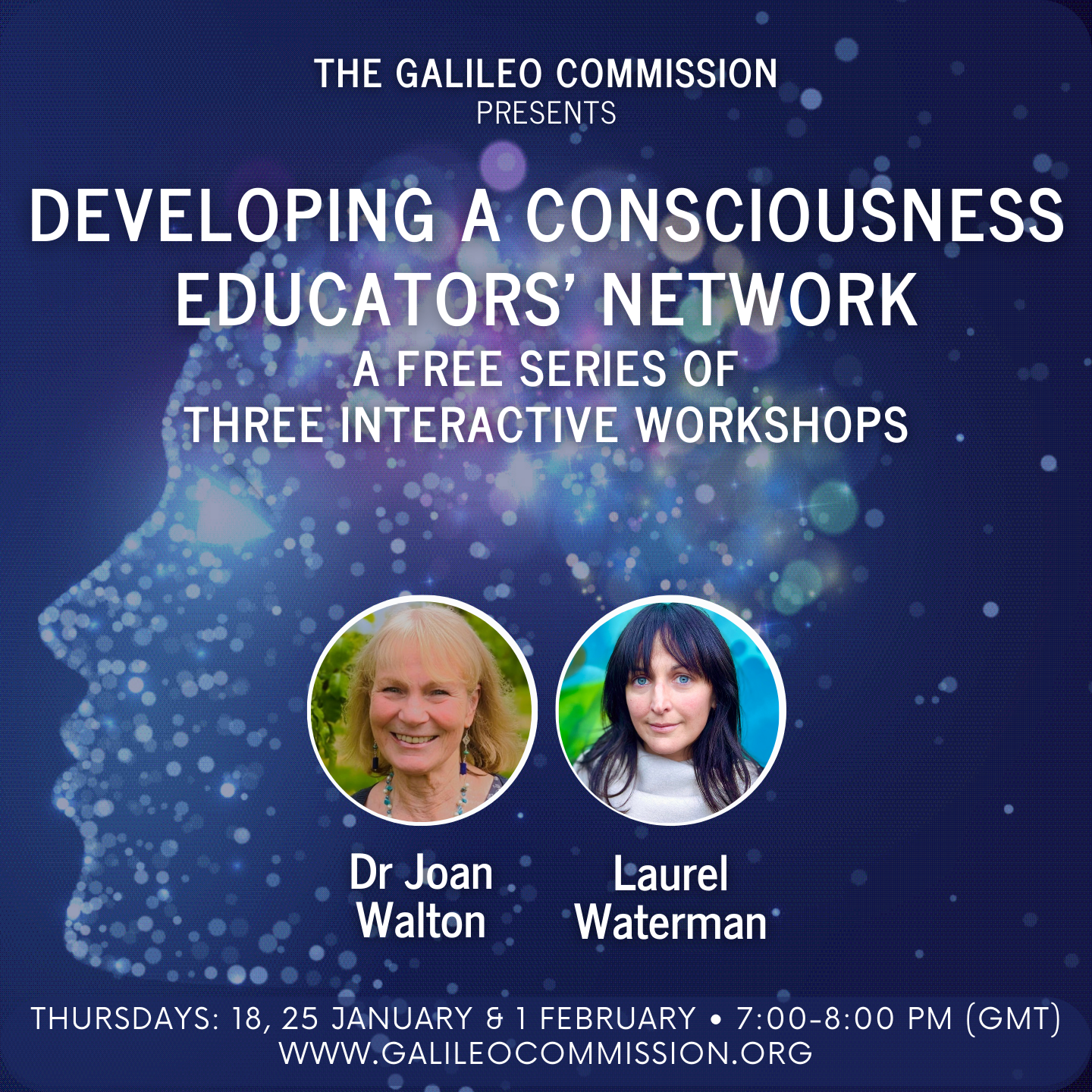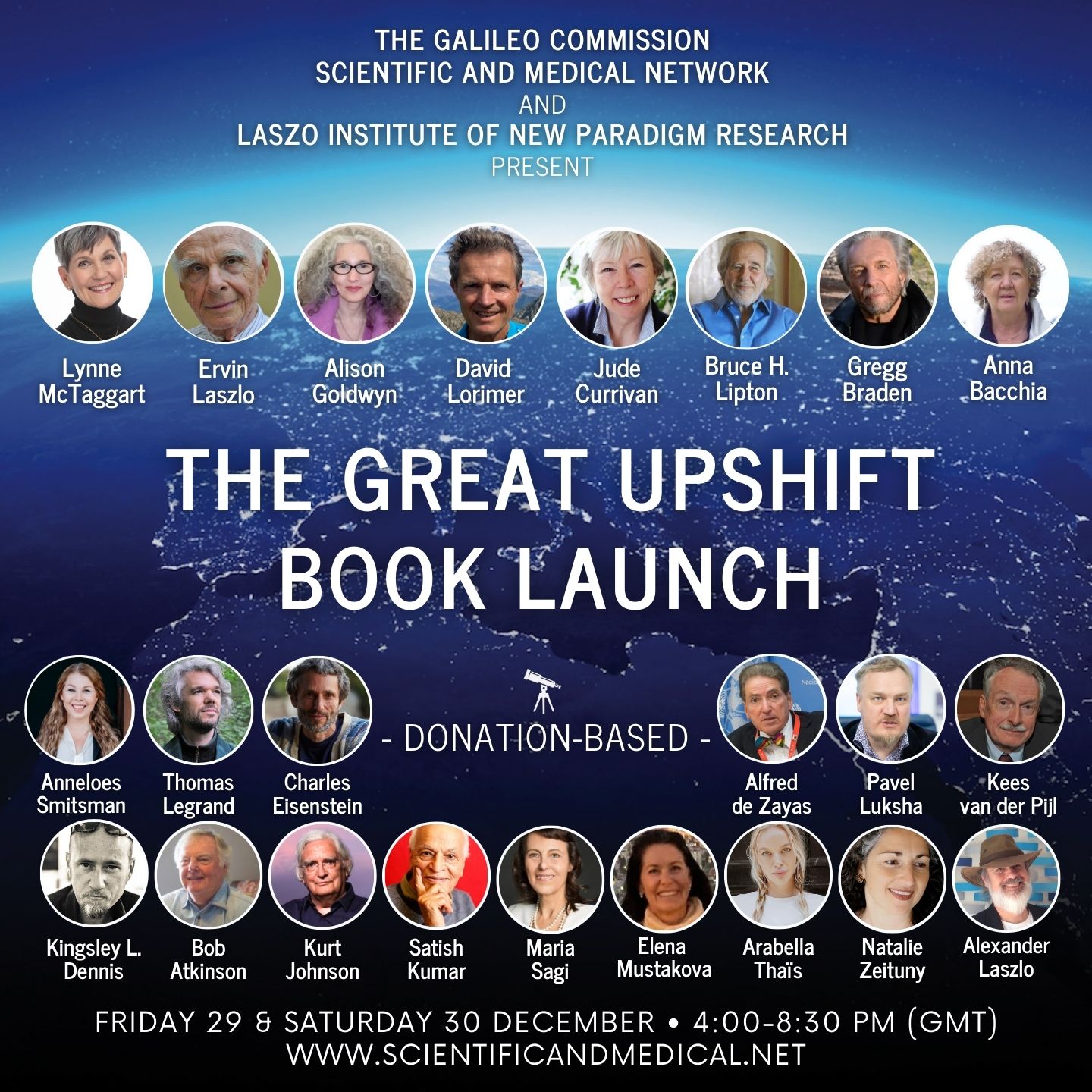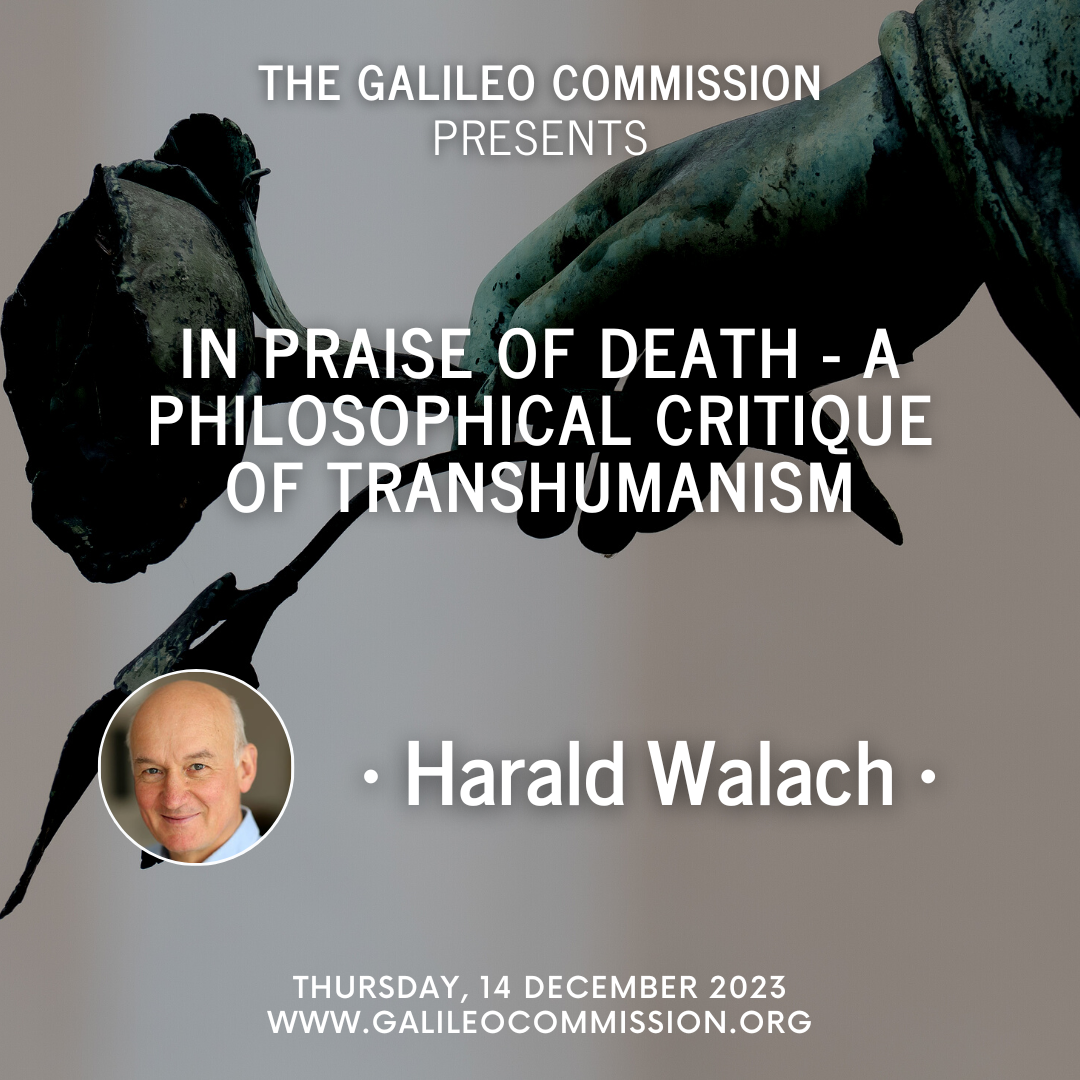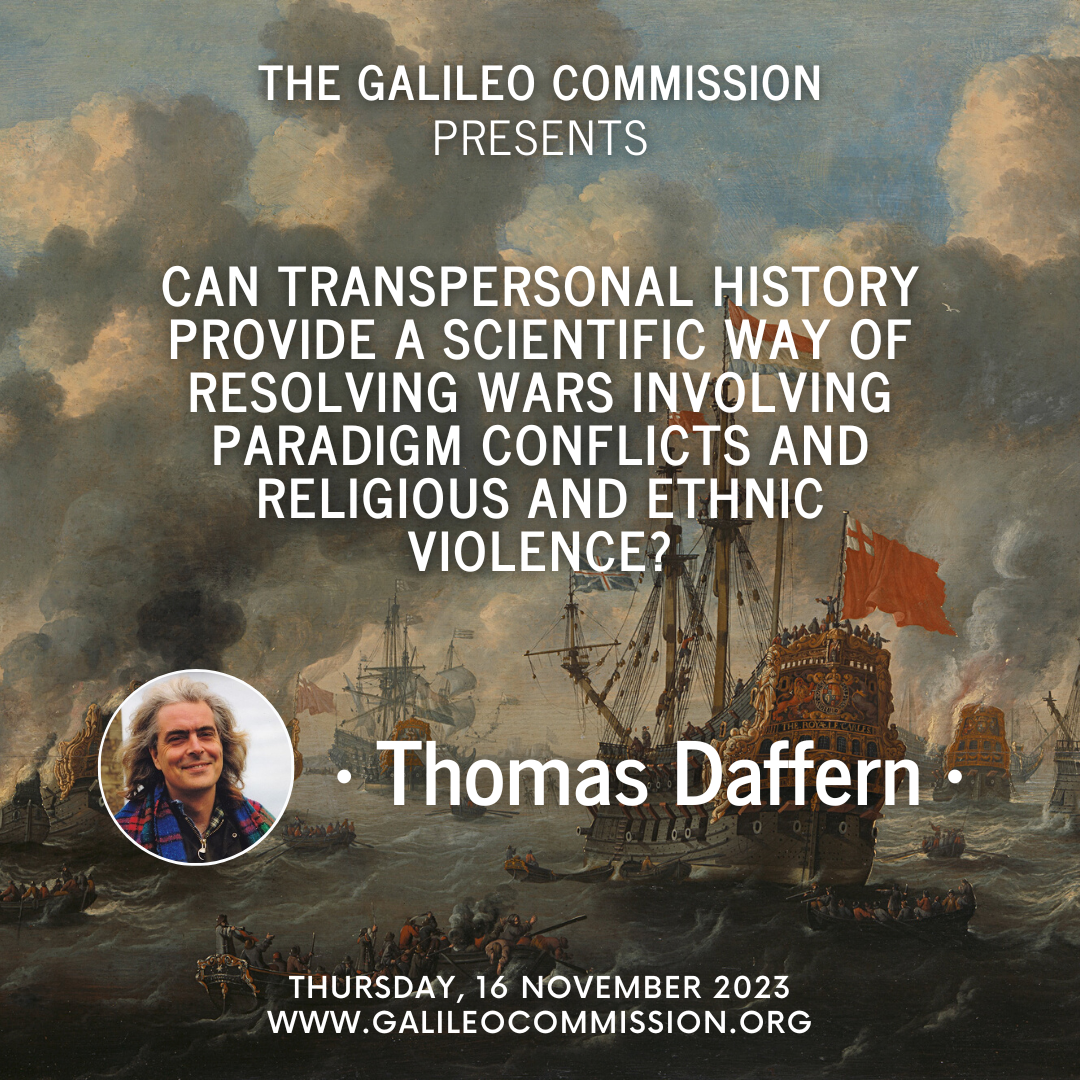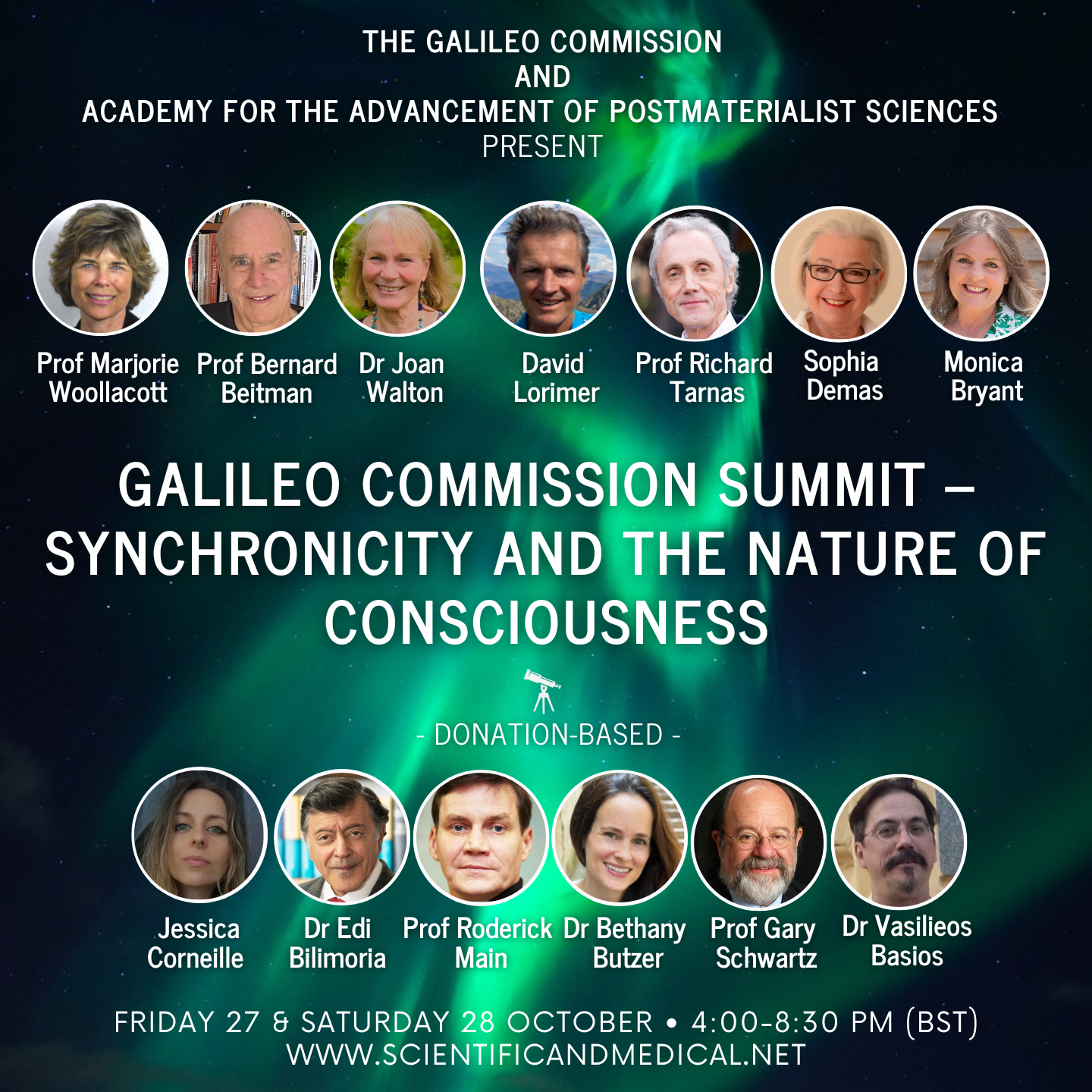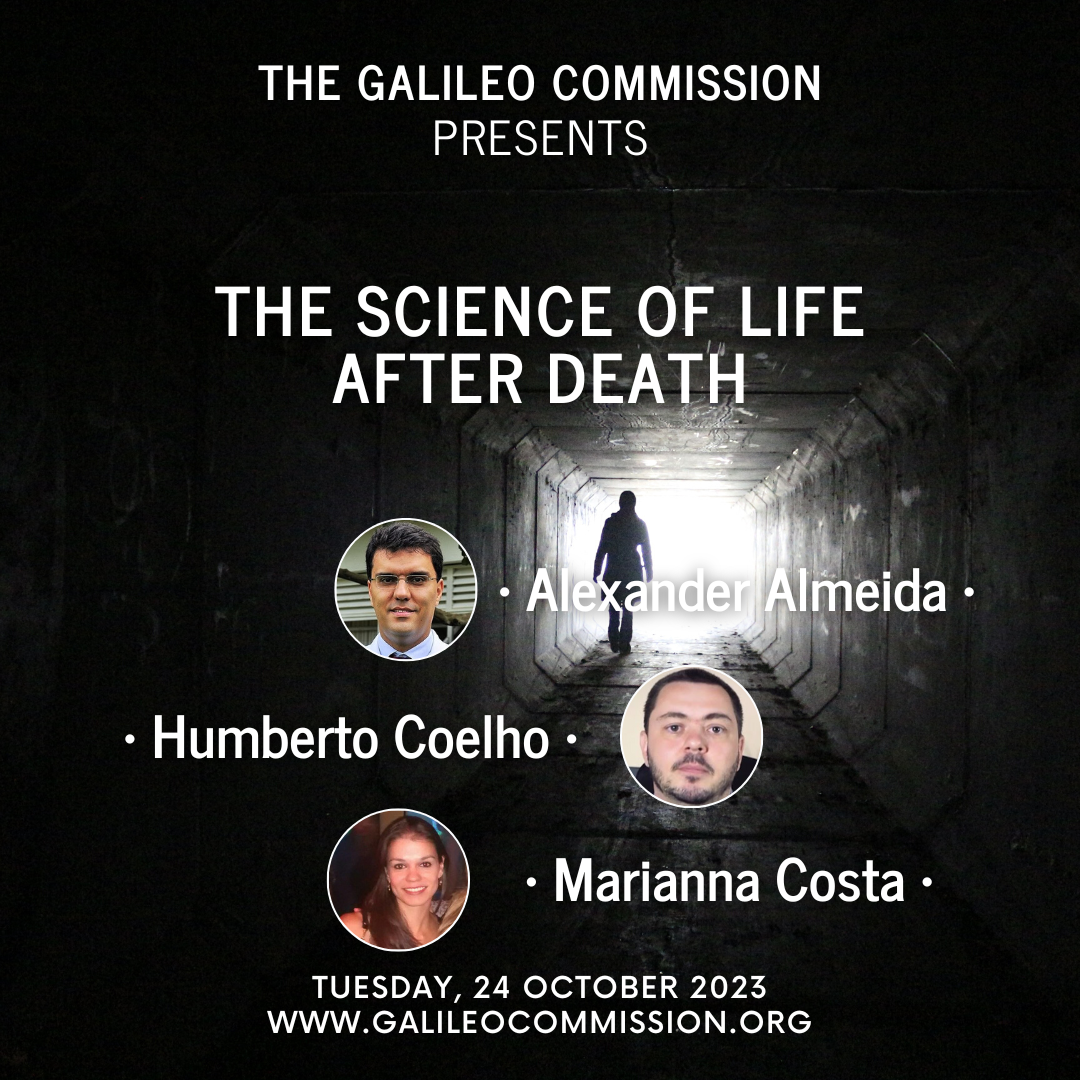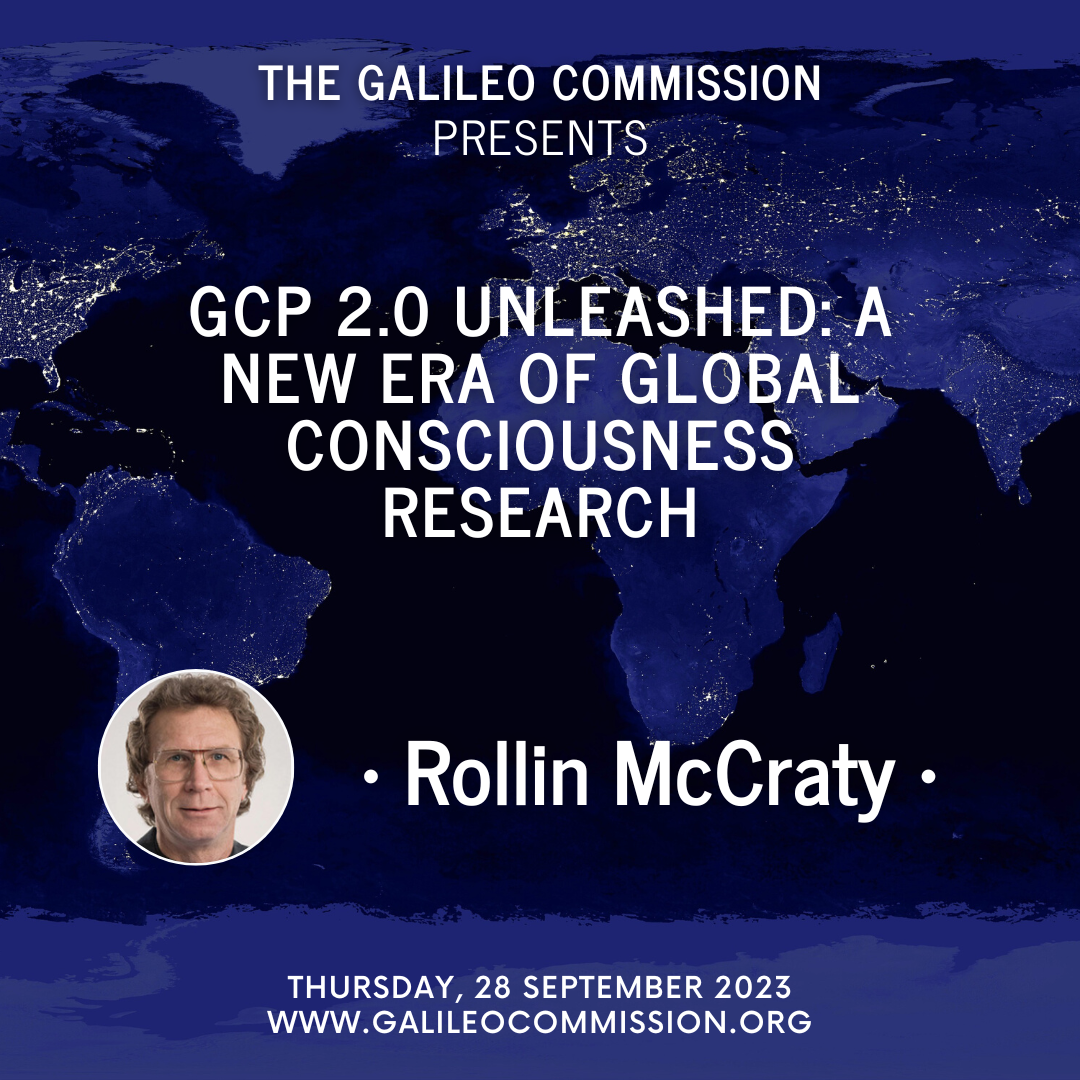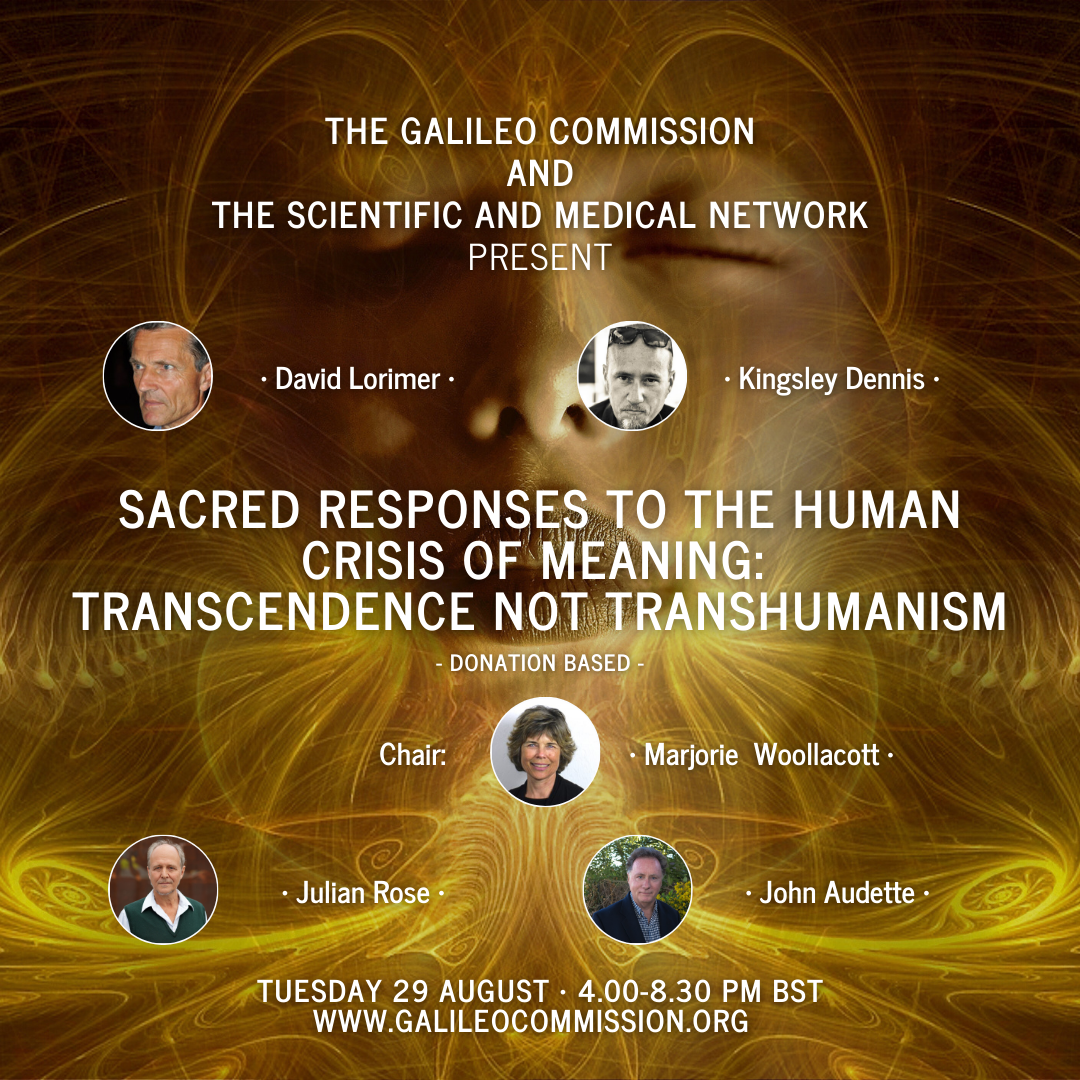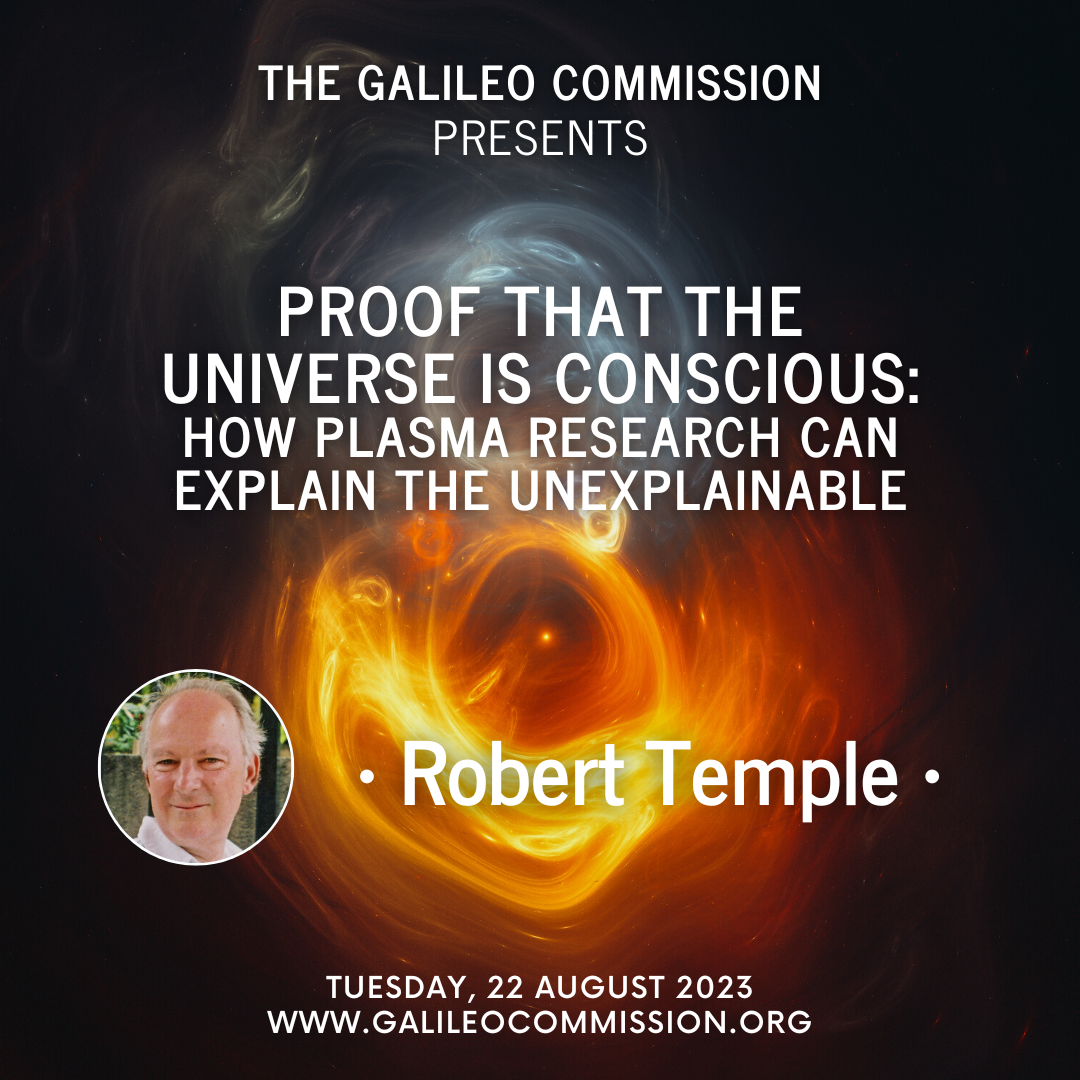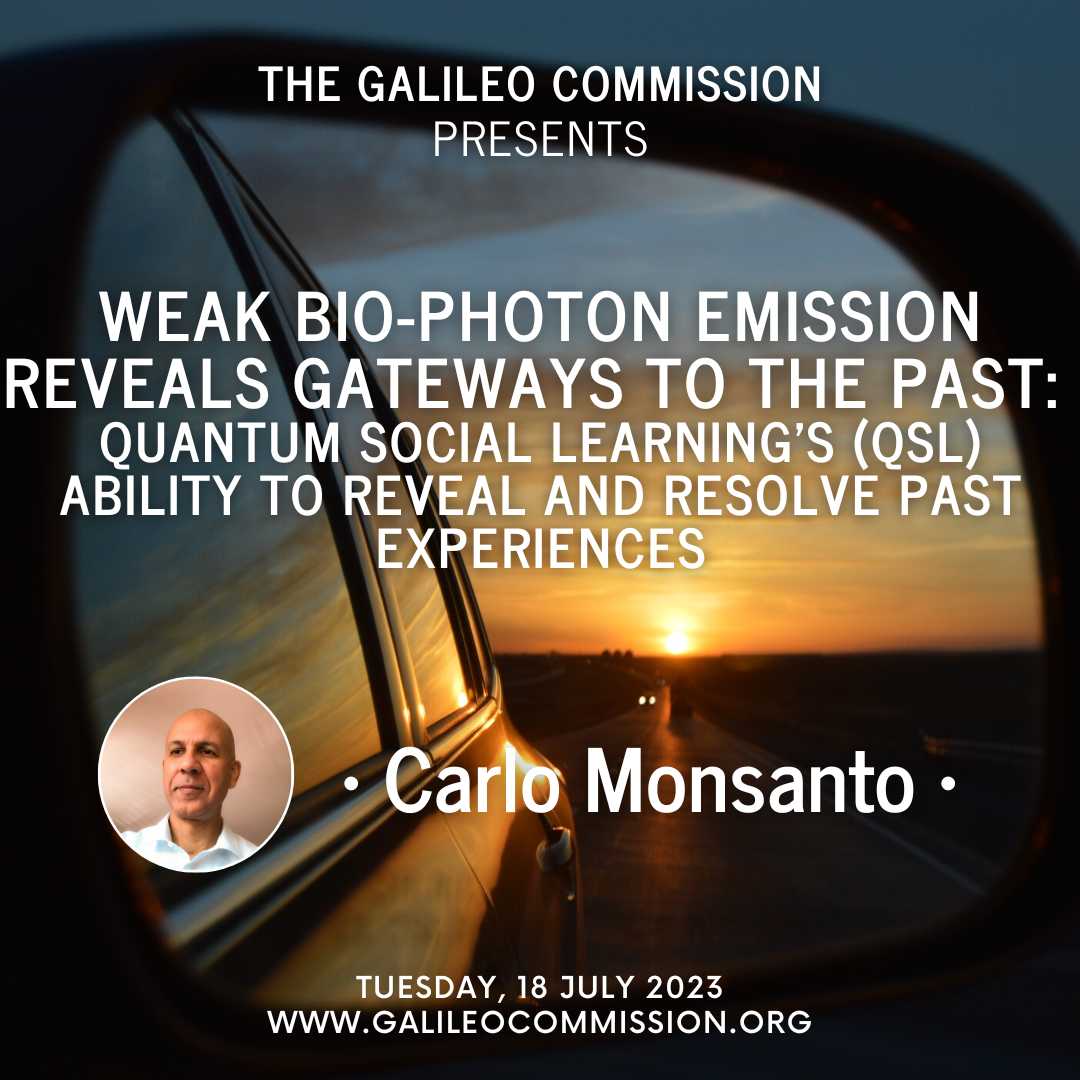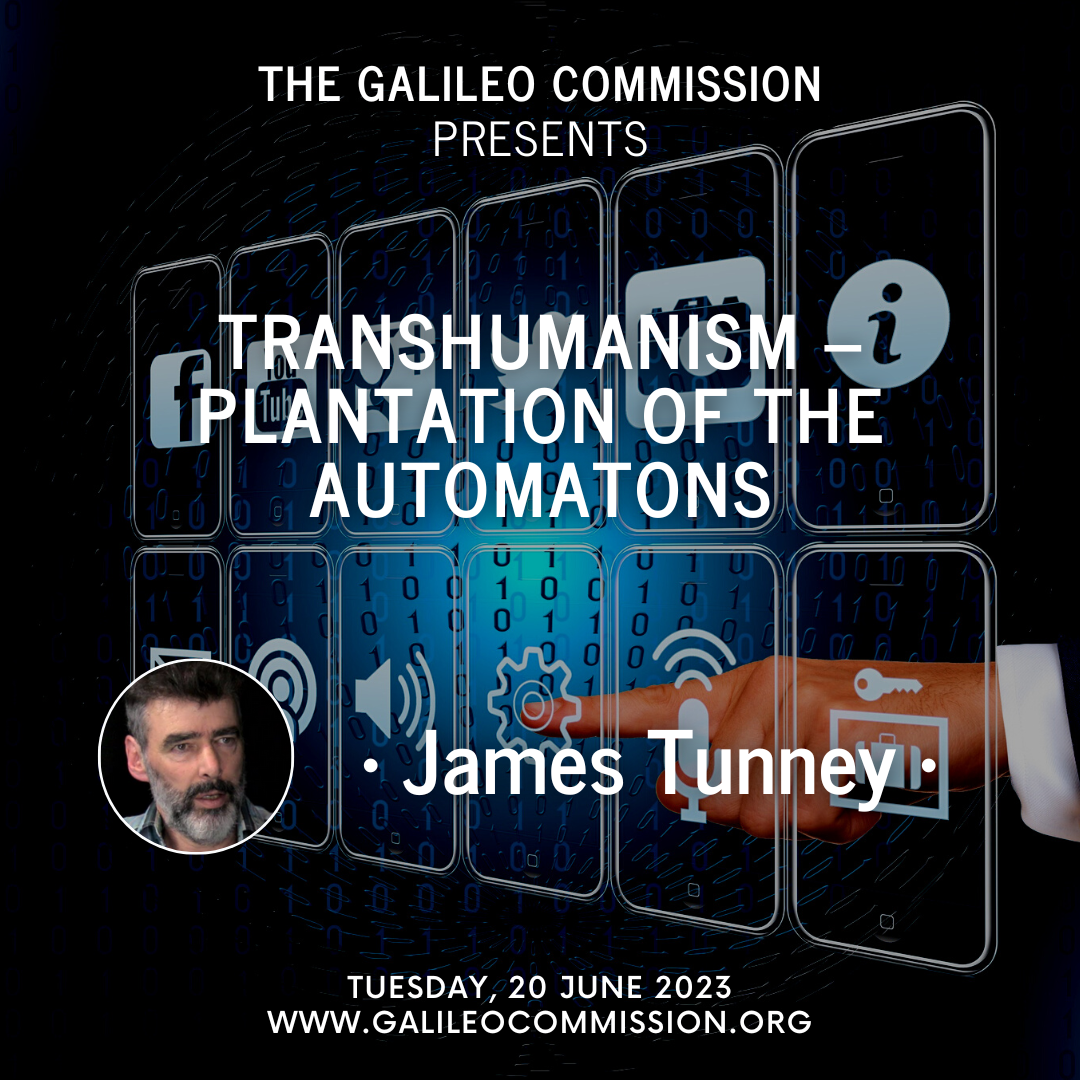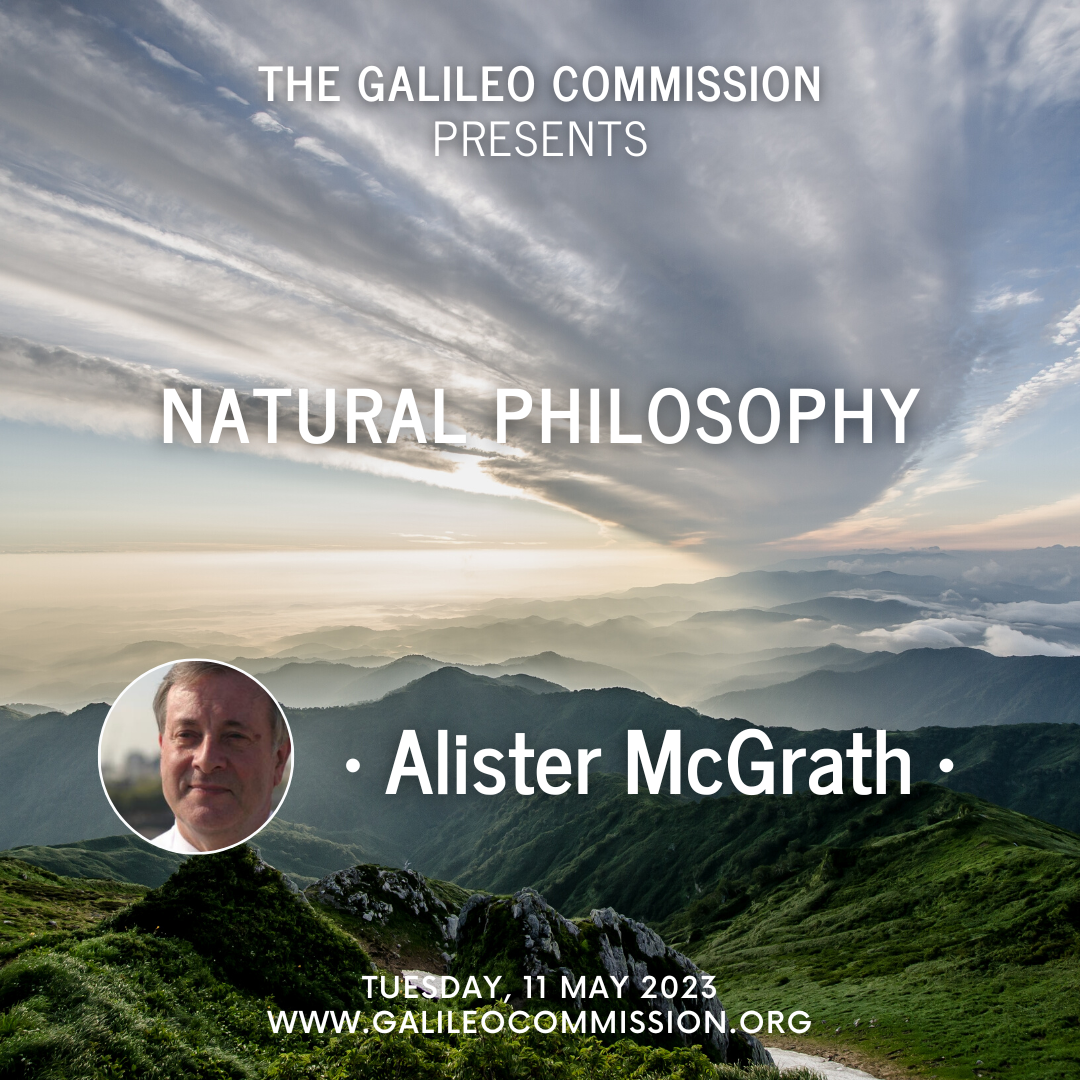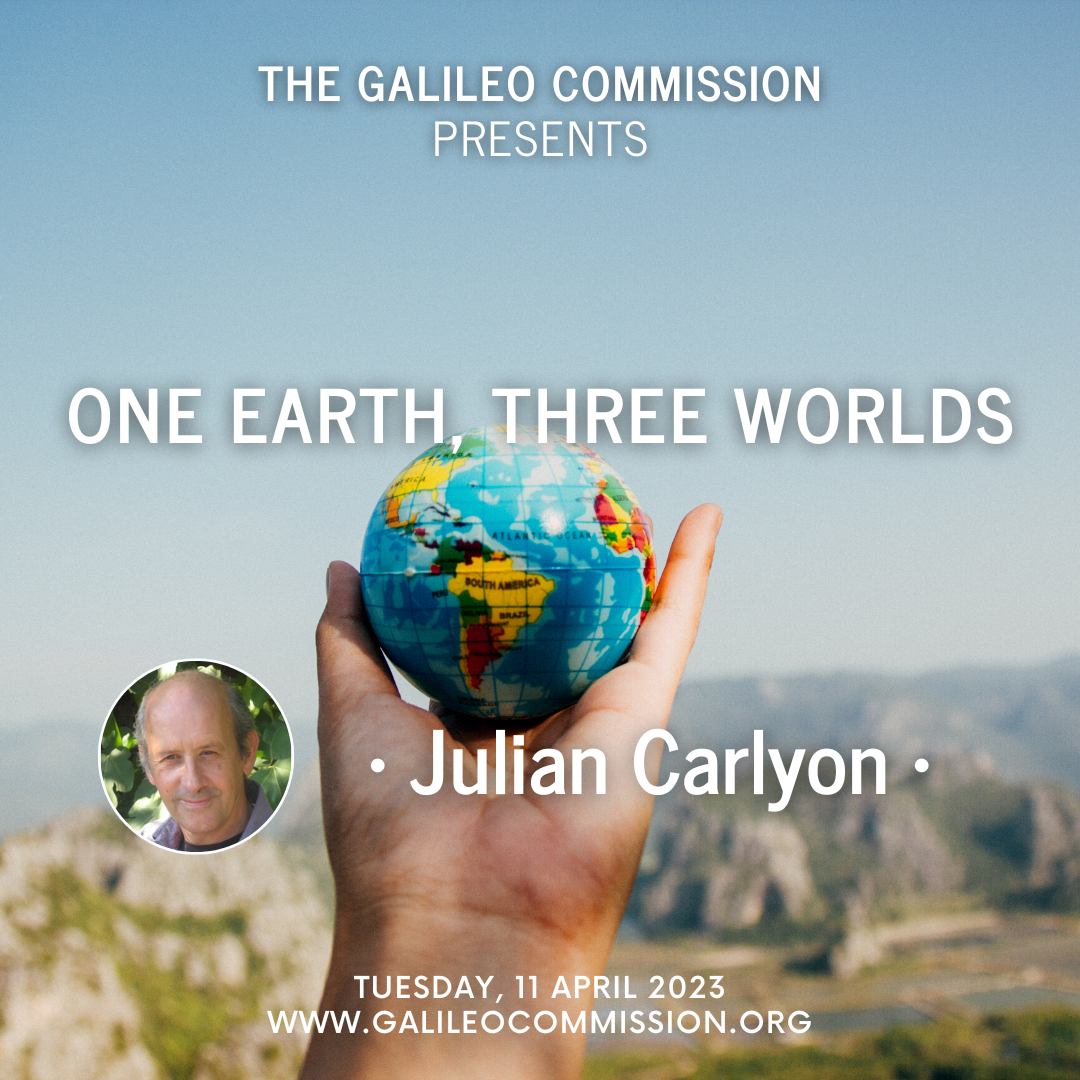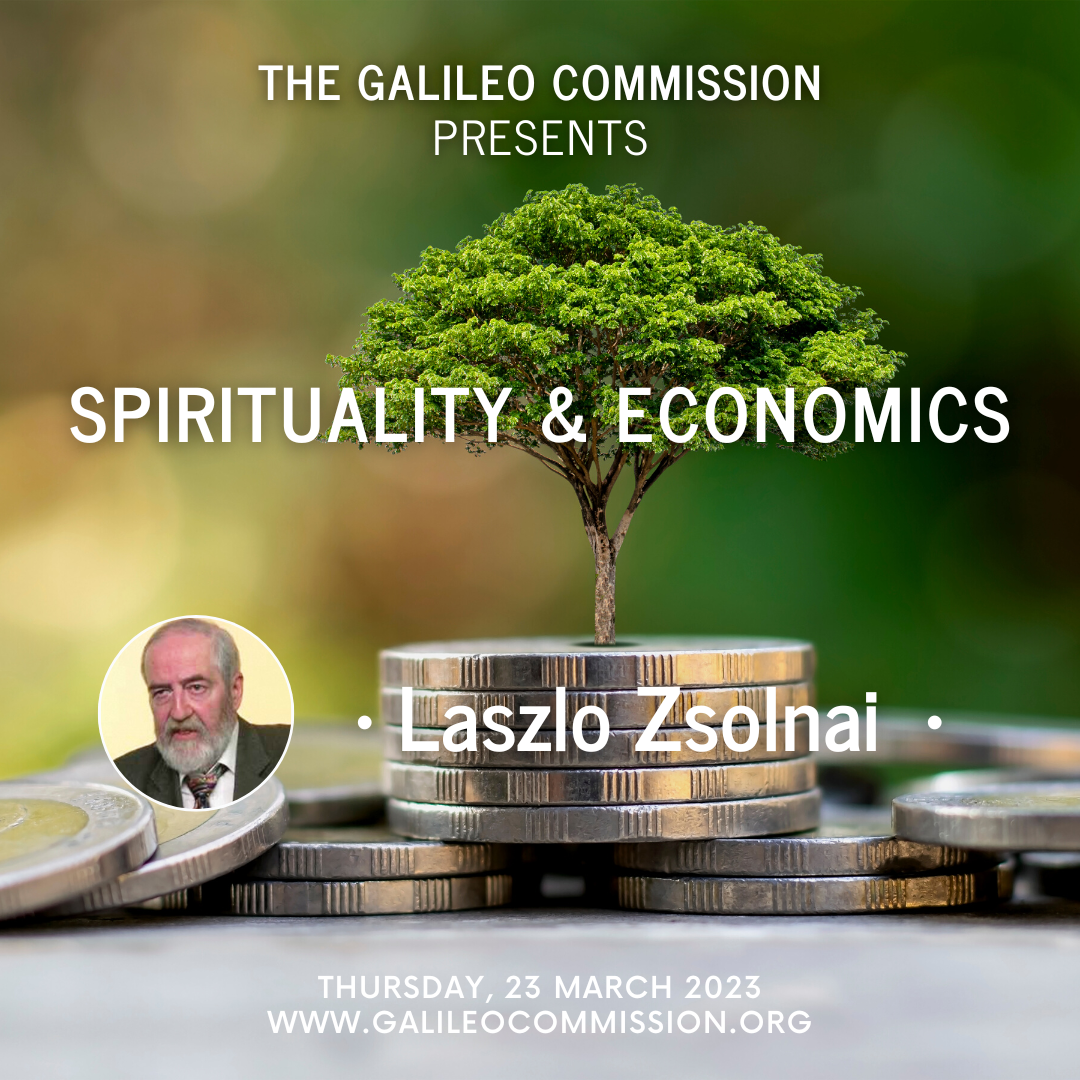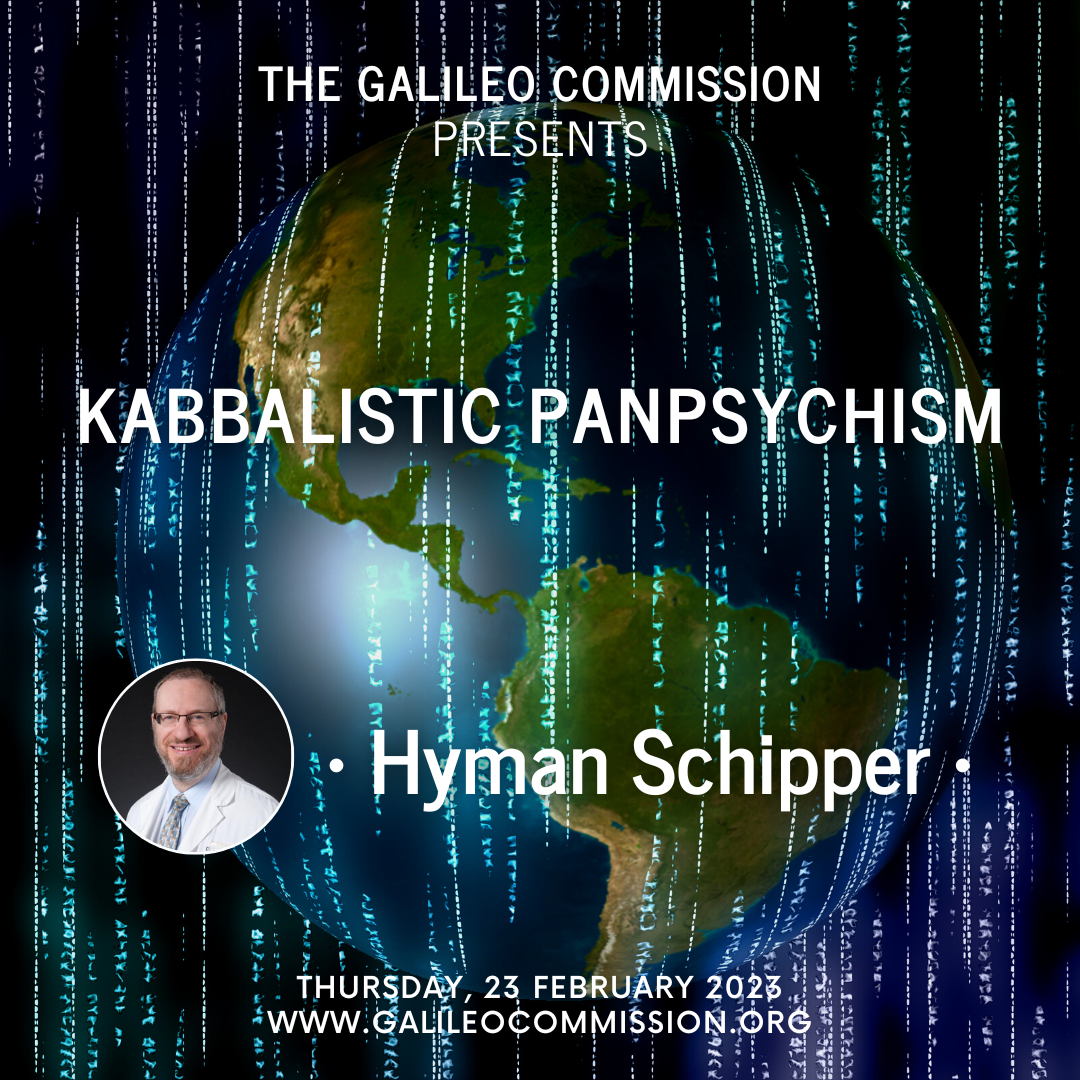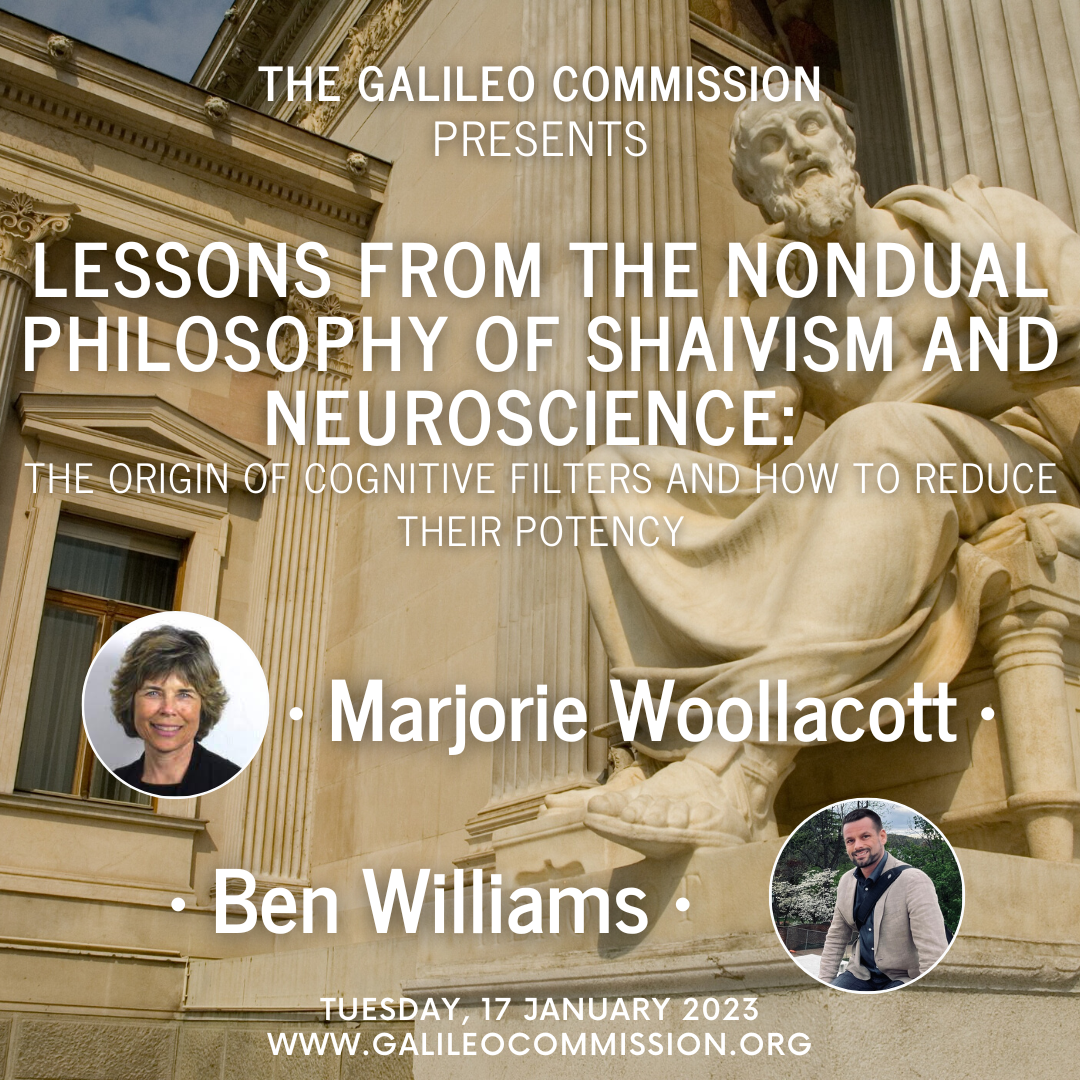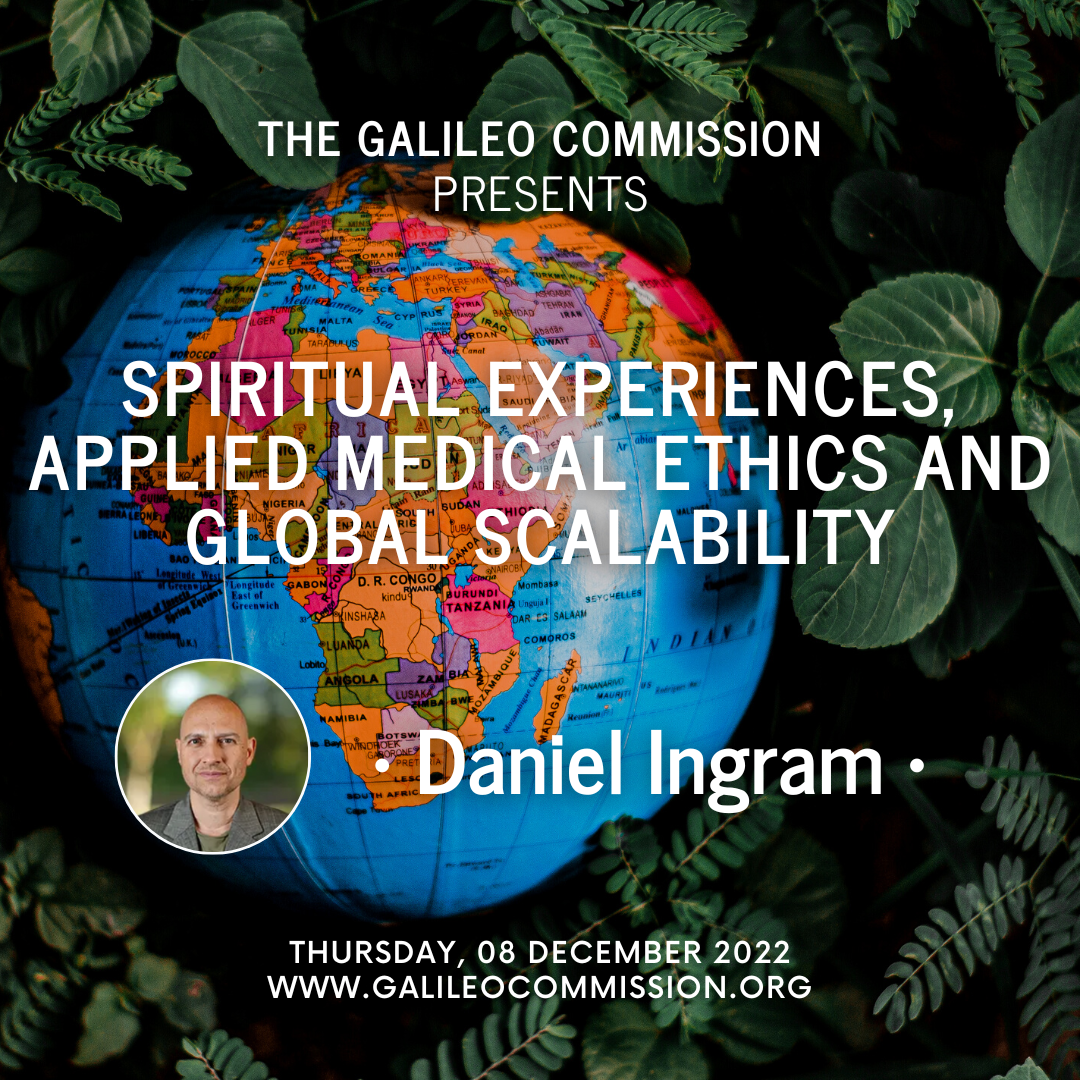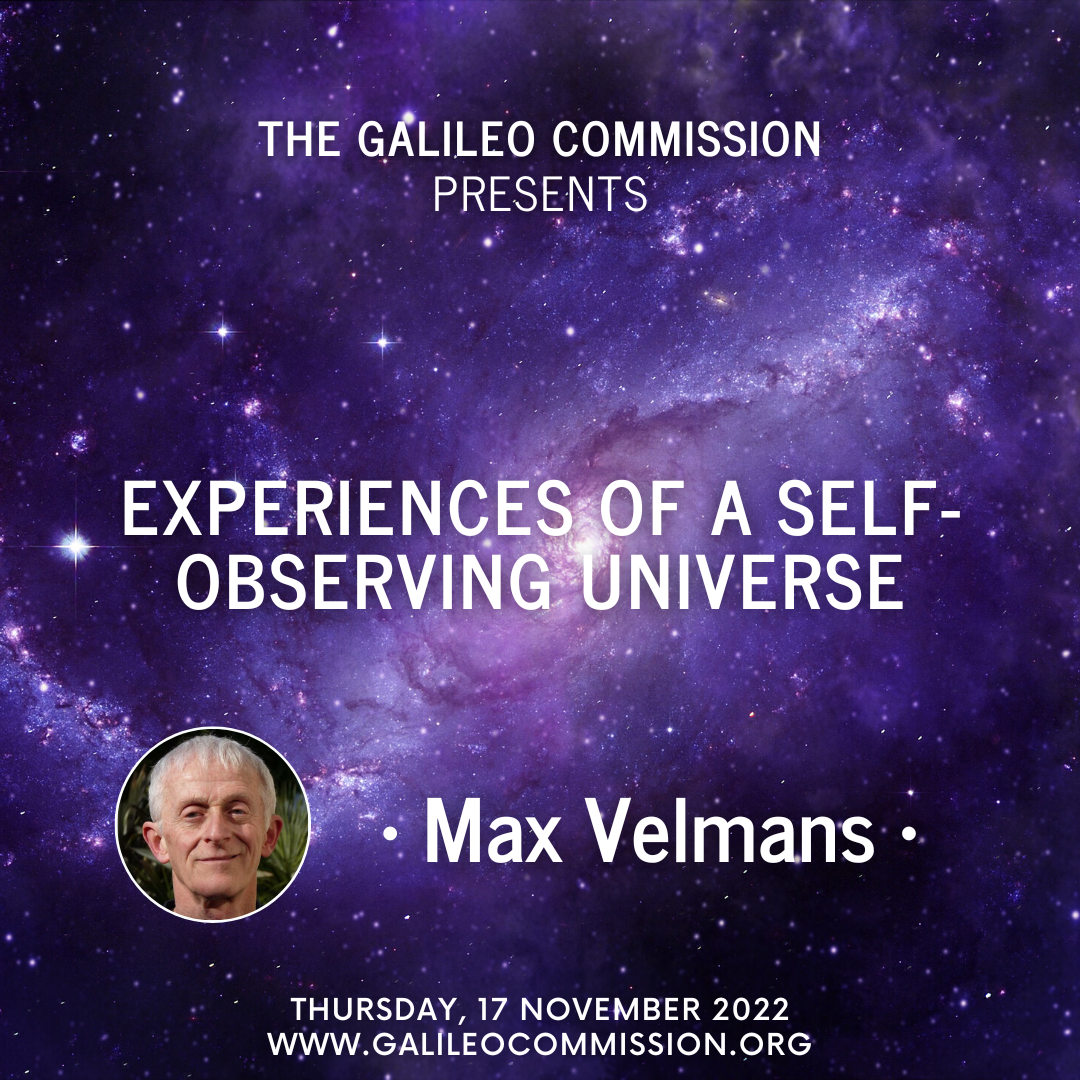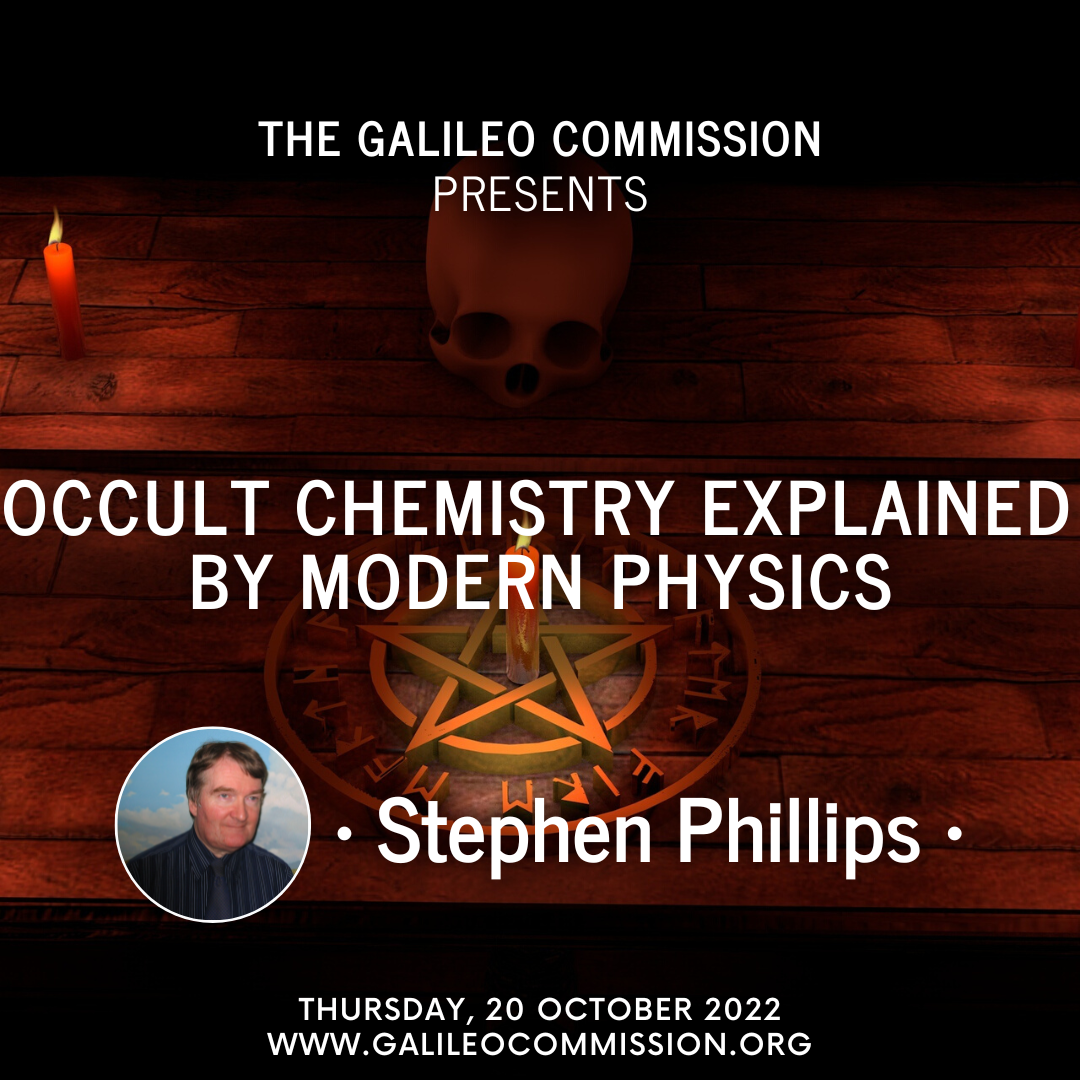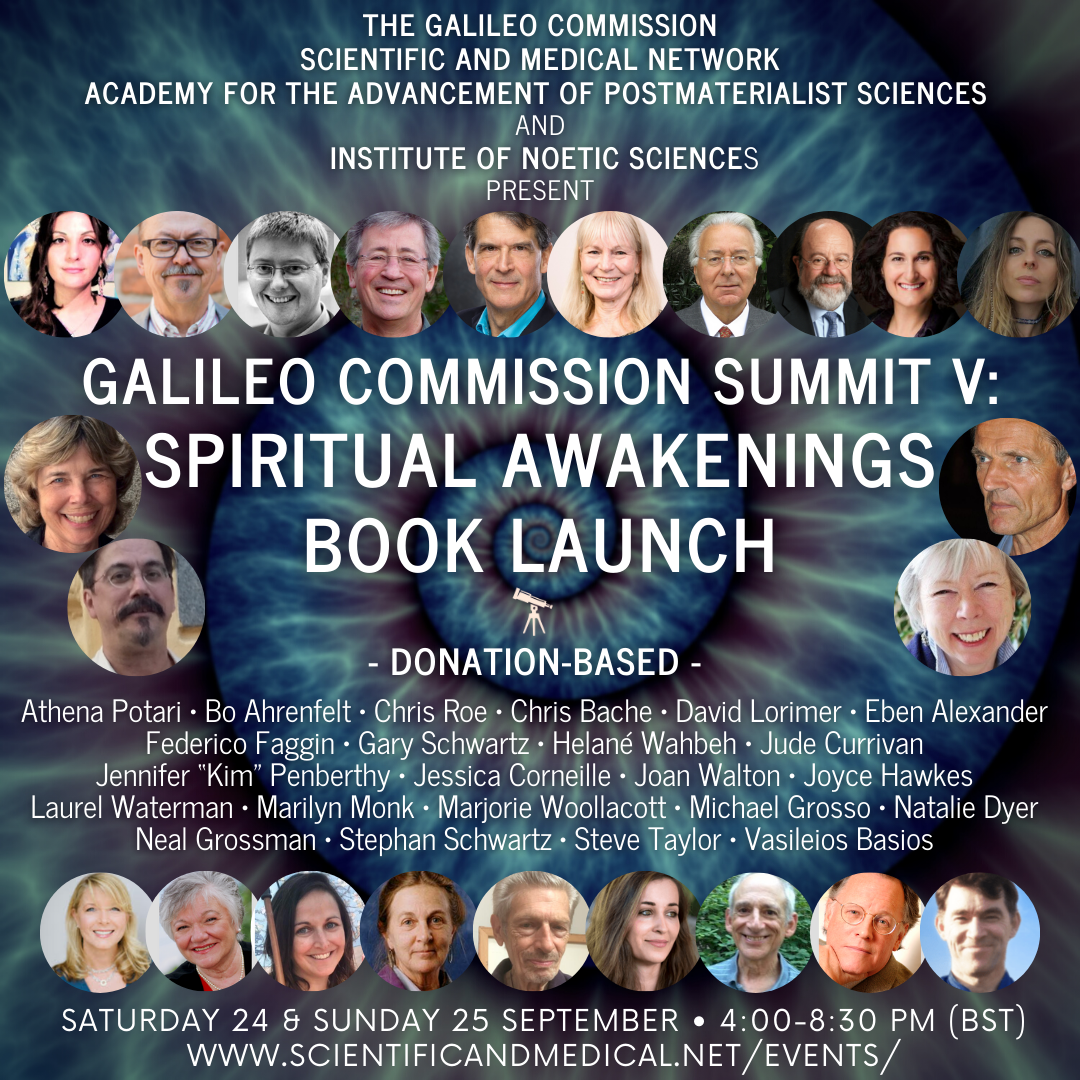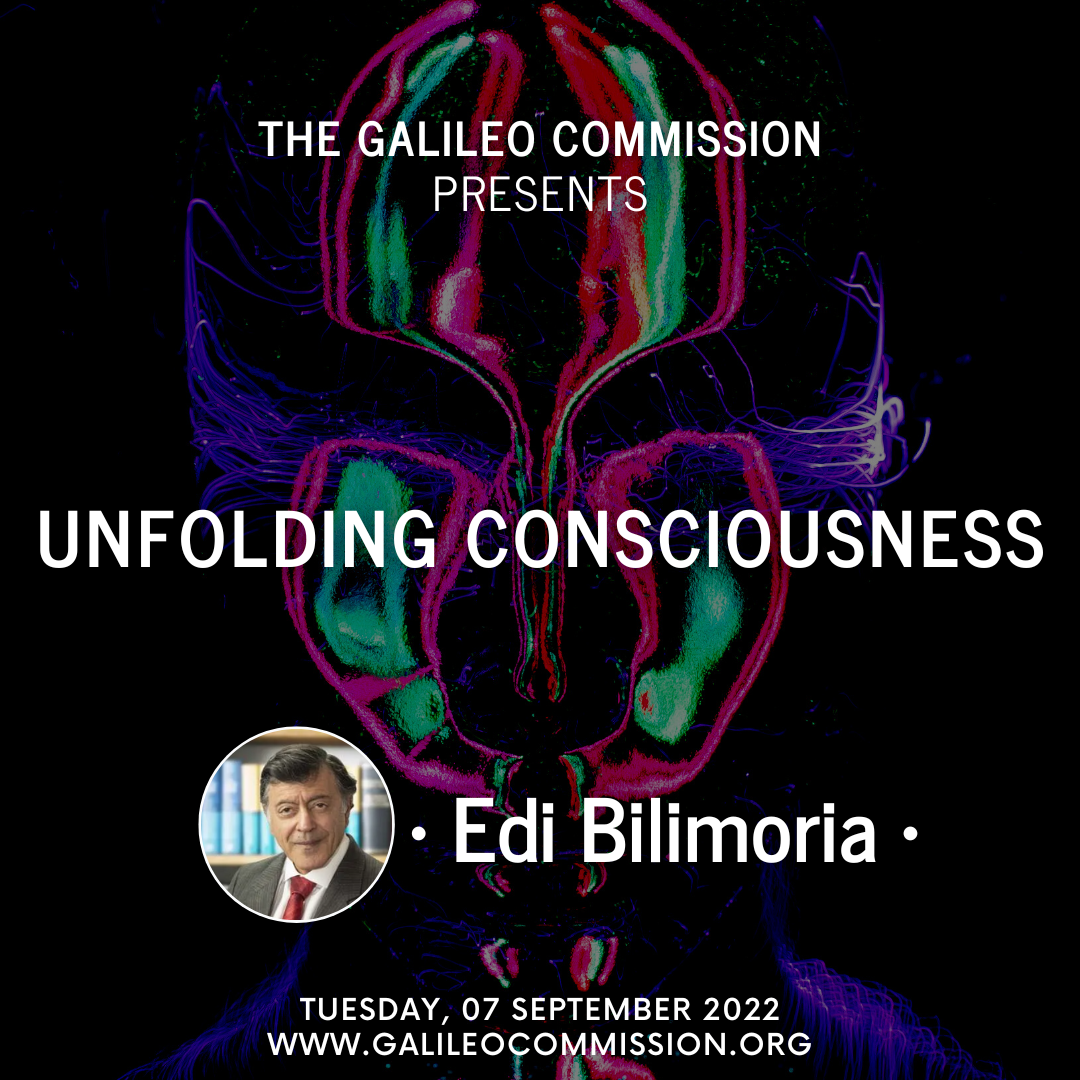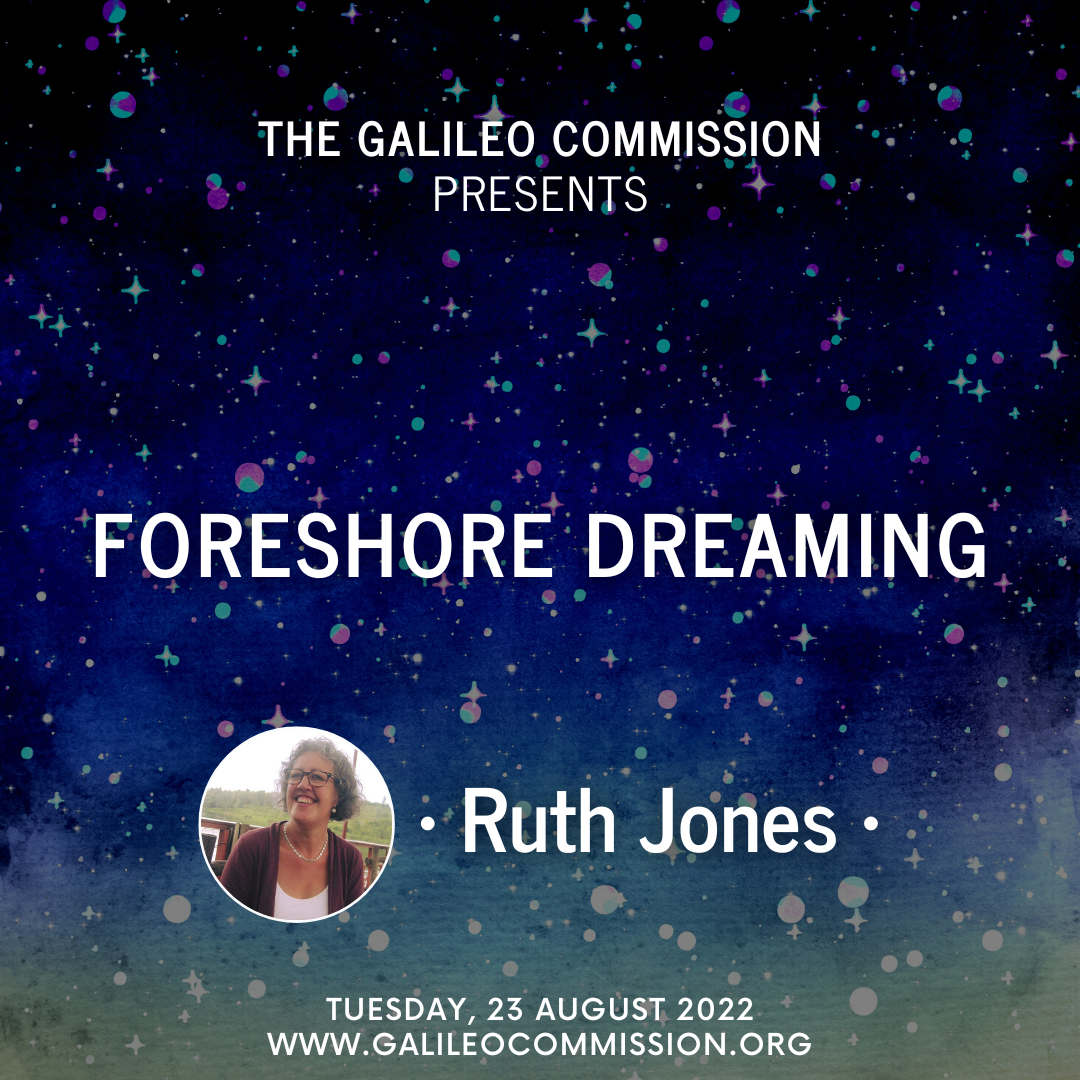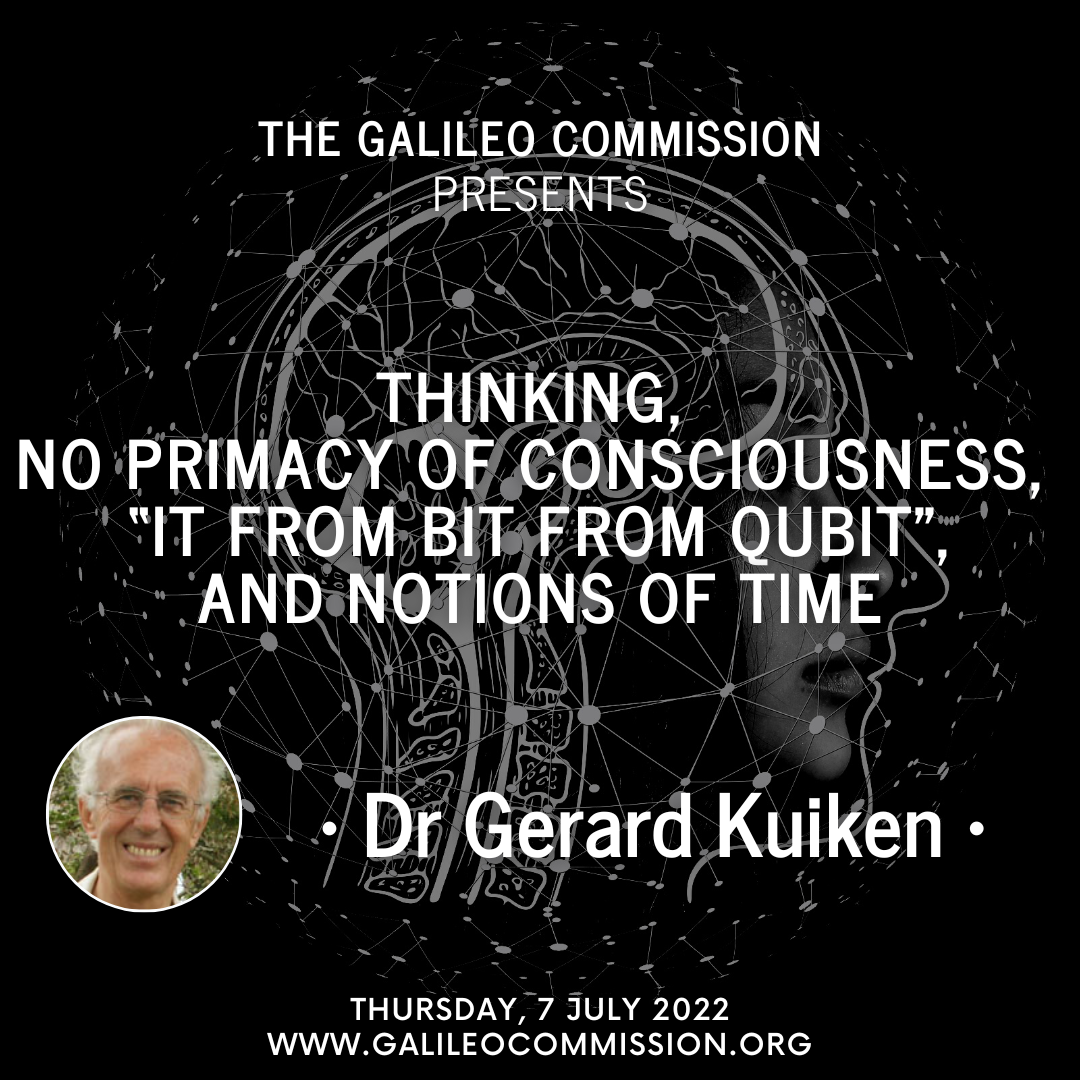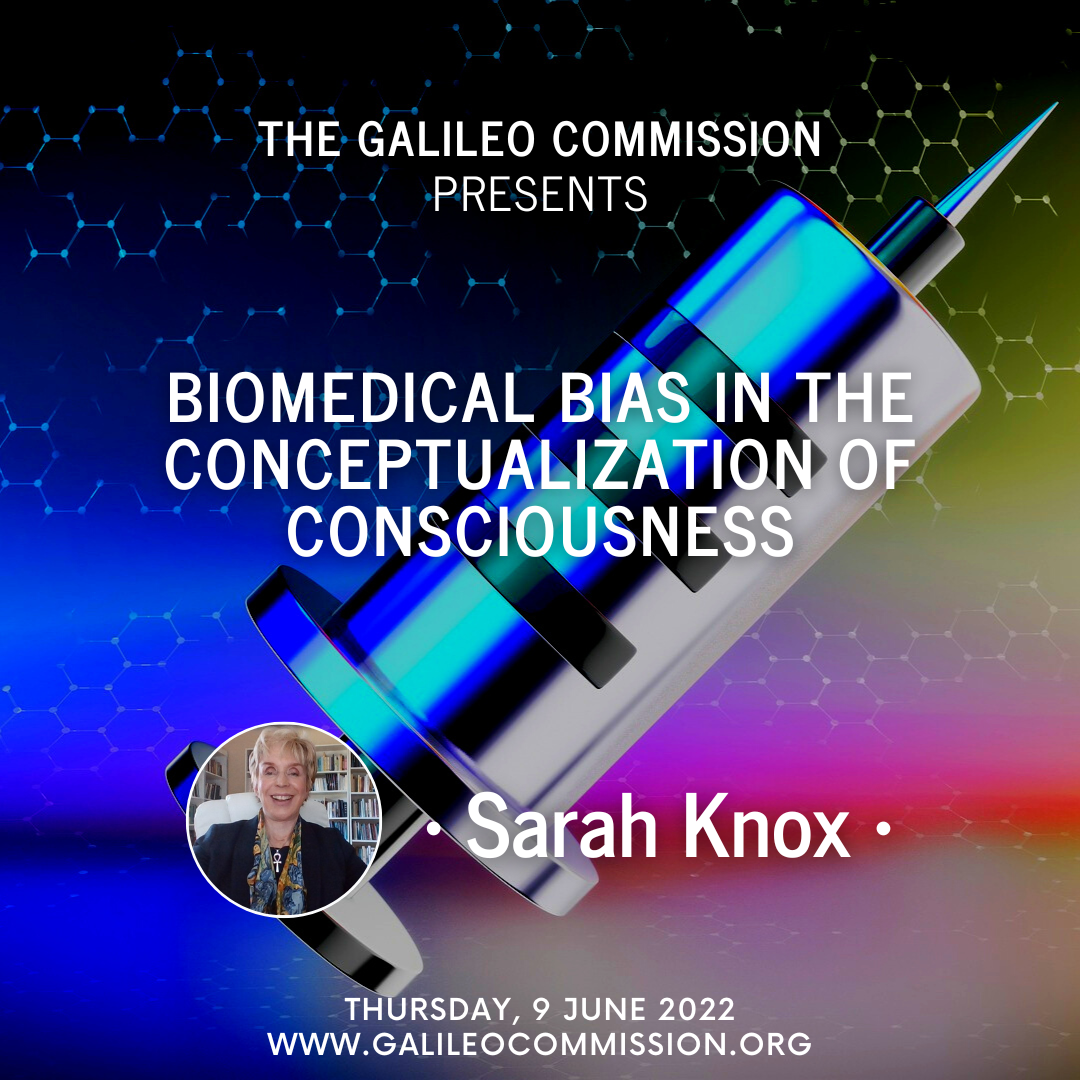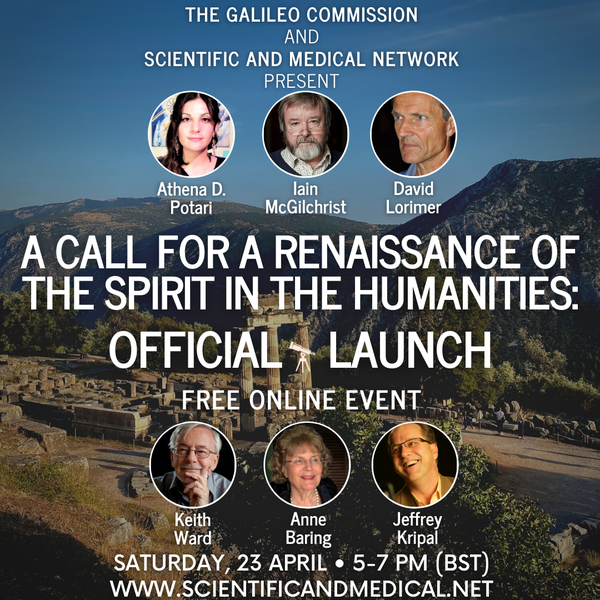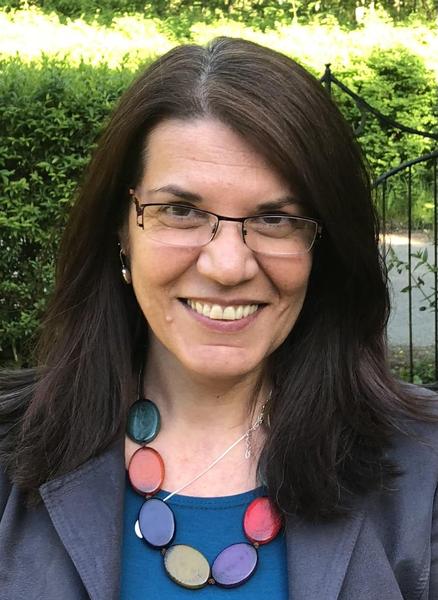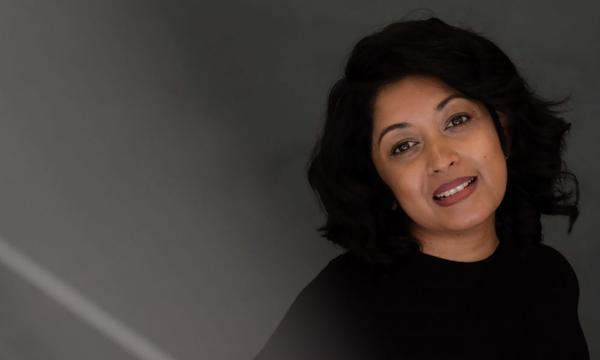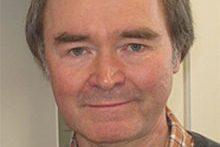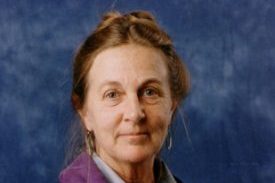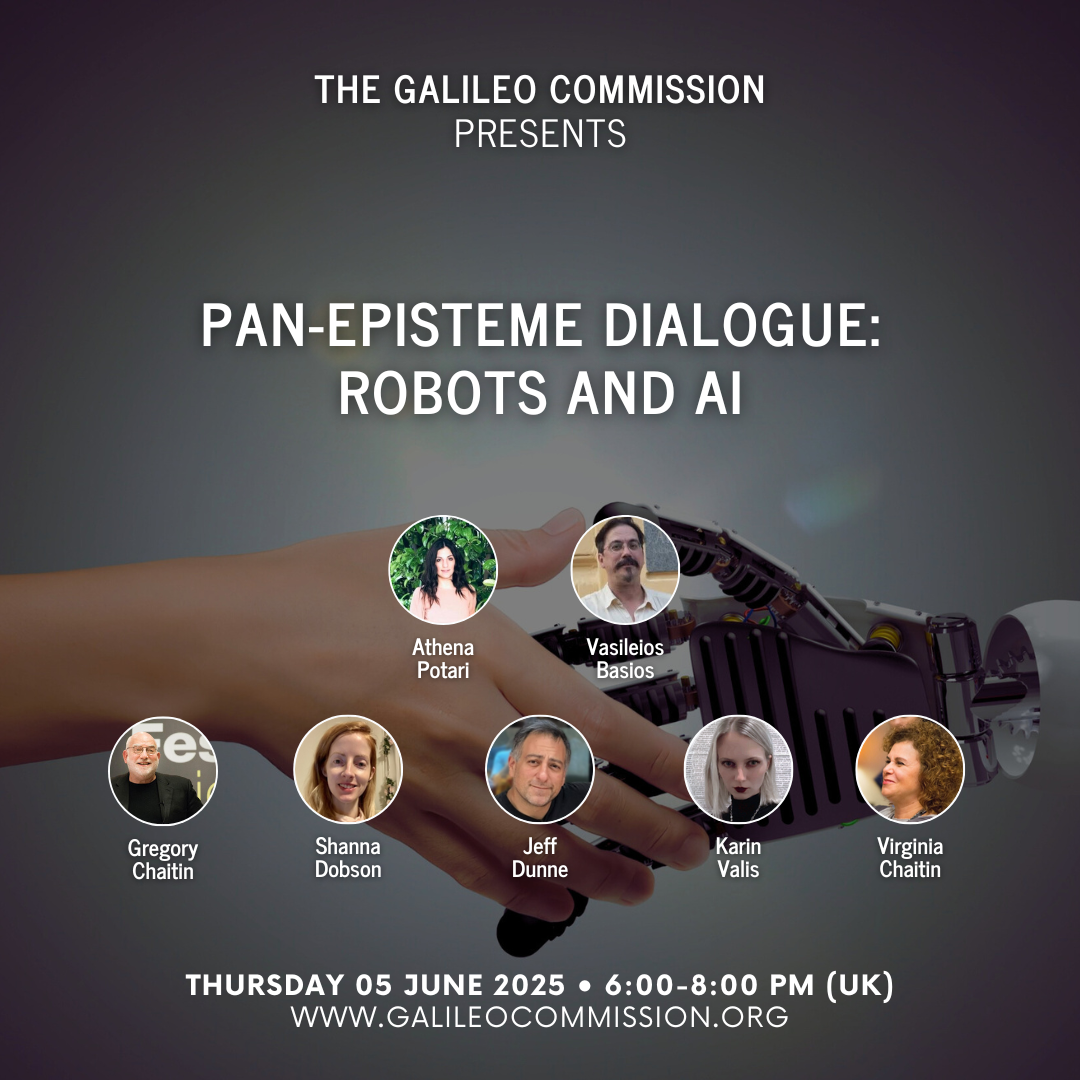Scientists Determine Science. Can Science Lead to Its Source? – A.K. Mukhopadhyay
This paper shows the way how science can reach its Source from the standpoint of quantum physics, cortical brain-consciousness, and zero-point energy. The destination is the ground consciousness, consciousness-as-such, the Essence of the Multiversity. The milestones of the journey, and the process have been described. Three phase-transitions have been highlighted. Should the investigator be able to come back following completion of the journey, and speak the experience in a common universal language, we get the much-desired narrative for developing a science for the Source. The resonance between the inside and the outside of the investigator at the informational level, at the level of the self-life, and immersion of inside-consciousness into the ground consciousness leads to several revelations and discoveries, valuable for humanity.
Humanizing the Humanoid: Have Biology in AI-Technology to handle its Frightful Phenomenology – A.K. Mukhopadhyay
Like any world-phenomenology, AI has an awesome and frightful aspect. Apprehending that the latter might cause a slow but permanent injury to the cognitive, emotional and psychomotor evolution of humanity, the paper brings out how by adding five further disruptive innovations from the use of biology in this humanoid, frightful aspect of humanoid AI could be deftly handled before it slips out of hands.
Consciousness: On its Source, and Operations – A.K. Mukhopadhyay
Traditional approach to consciousness research accepting the brain as its source has not fruitfully worked. This article takes an inverted approach accepting consciousness as the most fundamental, and the brain, or even a biological single cell, is an organ of behavior for manifestations of consciousness. The idea has been supported by several pieces of evidence from different disciplines of science, medicine, neuroscience, plant biology, and cellular cognition. The human brain at the ZPE state has been emphasized as the fountainhead of creativity. Twelve emerging areas have been clearly chalked out for further research. A model of Brain-Consciousness coupling and another on Consciousness-Brain coupling have been proposed. The paper leads us towards Immersive Neuroscience as the helm of several disciplines of science and for a science-based, consciousness-centric spirituality for humanity.
Chasing Memory: Exploring the Dimension of Conscious Mind – Carl Gunther
To decisively reveal the nonphysical dimension of Mind that manifests our reality, Chasing Memory, probes deeply into the source of living “memory” in the broadest sense. In doing so, we find the philosophers’ “hard problem” of the nature of consciousness can be settled...
Tao Science: The Science, Wisdom, and Practice of Creation and Grand Unification – Sha & Xiu
Tao is the Source of everyone and everything. Tao Science is the science of the Source and creation. It is science that tells us what everyone and everything are made of, how everyone and everything are created, how everyone and everything interact, and much more. Step into the universe of Tao Science. Tao Science is more than a theory. It is a practice. It is the way of life. You will never step back.
Six Days: Reason as a Cosmic Phenomenon – Alexei Tsvelik
The book gives a popular description of the cosmogenesis as viewed by the modern science, but with a teleological twist putting homo sapiens into a cosmic perspective. The appearance of human species is considered as a final step in a long succession of events from the Big Bang to present times. Starting from a structureless state of the newborn Universe the cosmogenesis then goes through the succession of aeons (“days”) characterized by increased complexity of the emergent structures culminating in the appearance of the most complex physical objects presently known—human brains. Each “day” prepares a ground for the next breakthrough in complexity. It is demonstrated that appearance of ever more complex structures cannot be taken for granted, but is highly conditional on a very special structure of the laws of physics.
The Quantum World and the Dancing Specks of Sentience – Emmanuel Ransford
ABSTRACT This paper focuses on practical issues regarding the quantum world, in a bid to unpack the
Modelling the world – Chris Nunn
Of course it’s tempting to suppose that conscious models must be imaginary in some sense, which is true enough in a way. But then one has to remember that they are pictured as woven from threads of durationality that endow the world with manifest existence; so maybe it’s the world that’s more truly ‘imaginary’! Whatever the truth of all this, one thing remains certain – that there’s a huge amount of interest and enjoyment to be gained from investigating it.
Let’s be Real – David Harrison
The full release of a person from ego involves a great amount of effort. It occurs when the person reaches a stage where their 'higher self' can take over. The ego is not lost but more freedom is acquired to detach from it. That entrance by the 'higher self' is necessary to achieve a final release and is unpredictable; sometimes referred to as 'Grace'. A person may feel that they are ready to advance to that stage but they may still hold latent tendencies that need to be resolved. The struggle then continues...
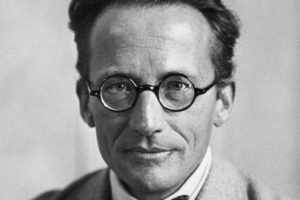
– Erwin Schrödinger
– Prof David Bohm
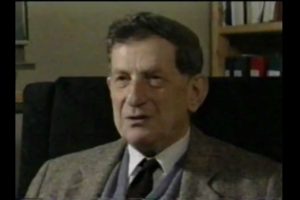
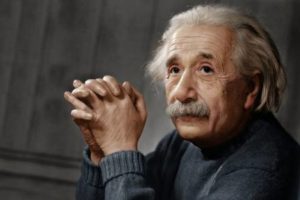
– Albert Einstein
Click on any event to view the recordings as well as event details
